American Shark Tank success stories that made millions
Shark Tank success
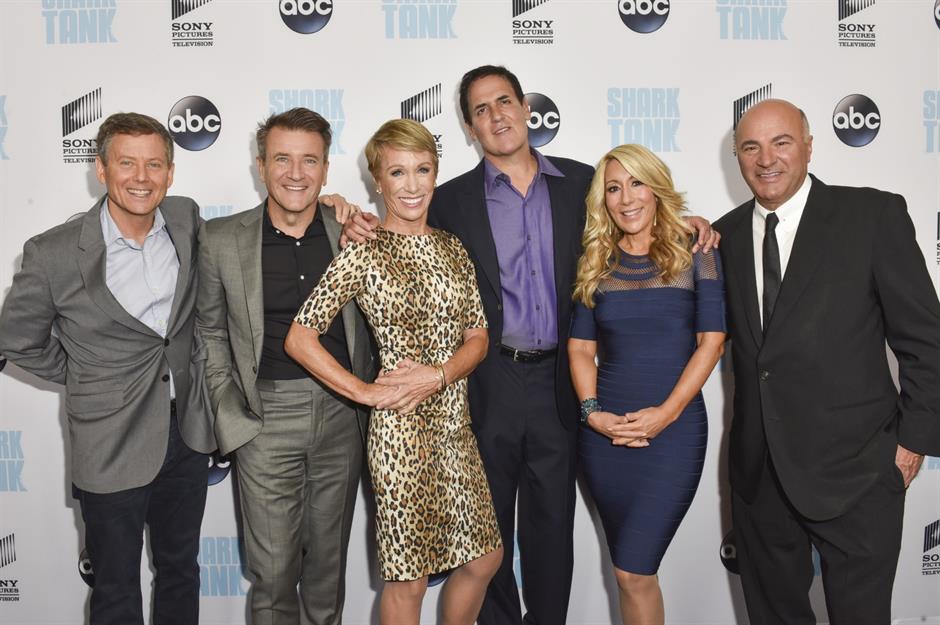
Season 12 of Shark Tank starts on ABC on 16 October. The show will feel slightly different this year following adjustments that have been made in light of the coronavirus pandemic – Sharks will be sat at a distance from each other, and the show will be hosted in Las Vegas for the first time – but the chance for entrepreneurs to secure a cash injection and a Shark investor remains. From the Ring doorbell that turned Jamie Siminoff from contestant to Shark, to the cakes that allowed Kim Nelson to bake her way into millionaire city, click or scroll through the biggest Shark Tank successes to date.
Max Gunawan: Lumio
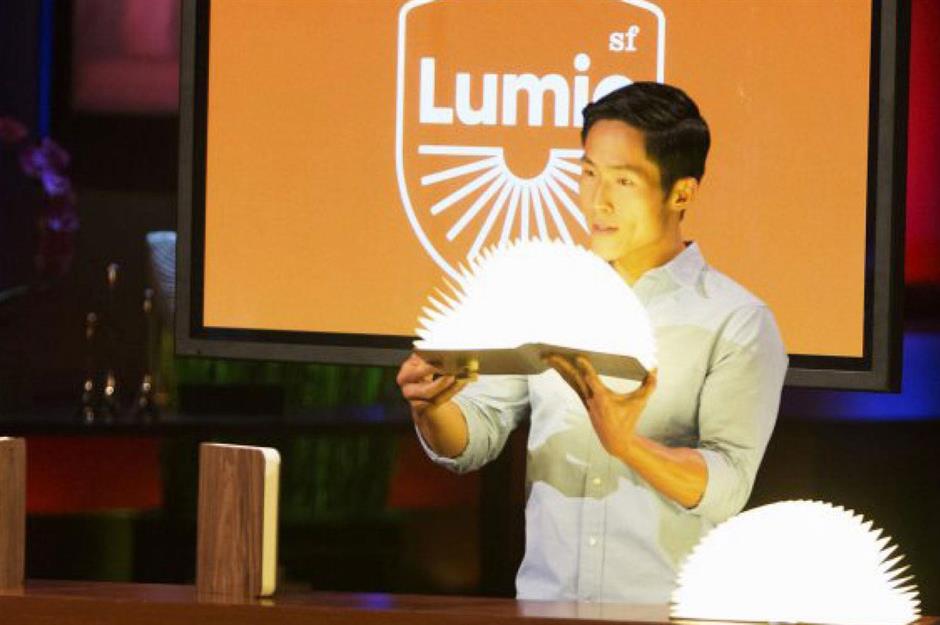
San Francisco-based Max Gunawan had already secured funding for his ingenious folding 'book' lamp via a super-successful Kickstarter campaign and was enjoying buoyant sales before his appearance on Shark Tank in January 2015, putting him in a strong negotiating position.
Max Gunawan: Lumio
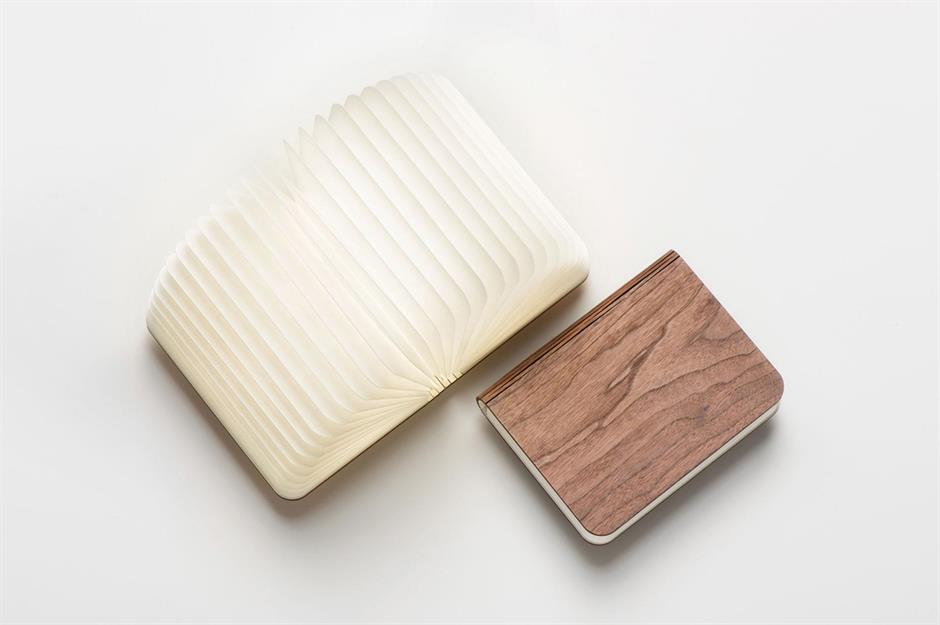
Lani Lazzari: Simple Sugars
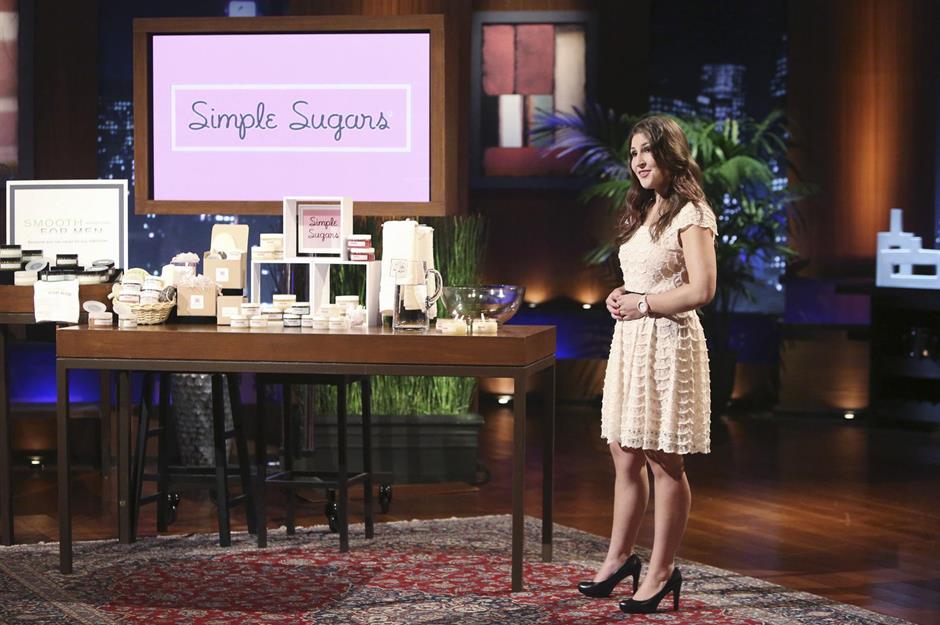
Lani Lazzari: Simple Sugars
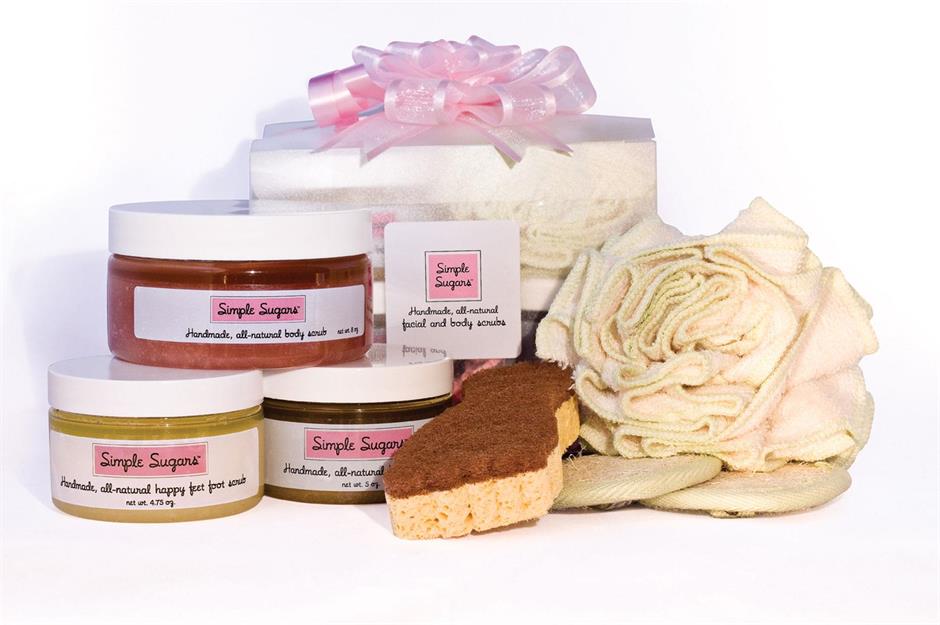
Eight years later, after finishing high school, Lazzari decided to enter the Shark Tank to take her products to the next level. Lack of experience didn't hold her back. Impressed by her pitch, Mark Cuban put up $100,000 in exchange for a third of the company and the teen entrepreneur left smiling. Since the episode aired in March 2013, Simple Sugars has amassed millions of dollars in sales and is now stocked in 700 stores in the US alone. In 2019 Simple Sugars also had its very own store – it was a holiday season pop-up, but the company continues to go from strength to strength.
Sabin Lomac and Jim Tselikis: Cousins Maine Lobster
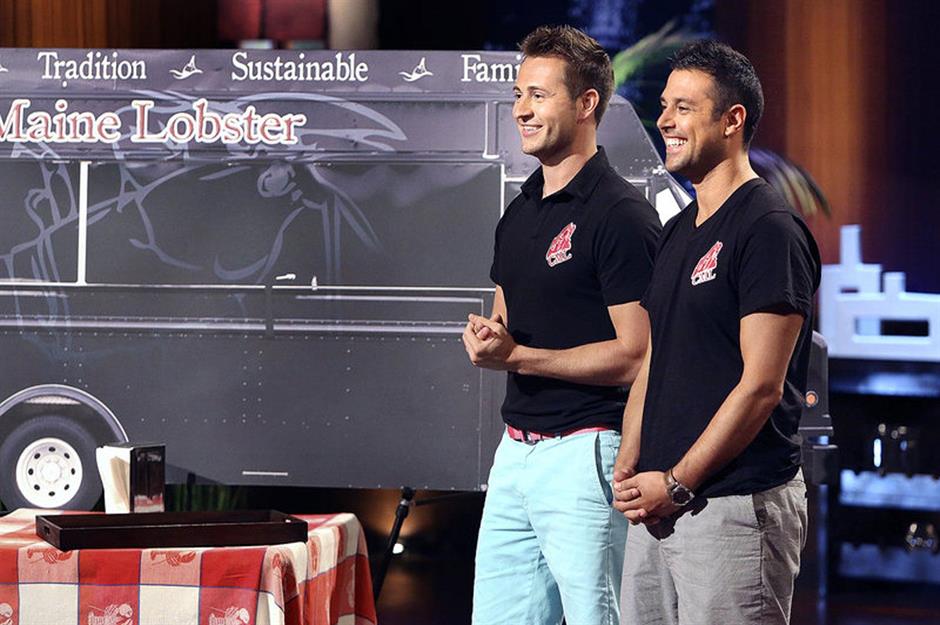
Sabin Lomac and Jim Tselikis: Cousins Maine Lobster
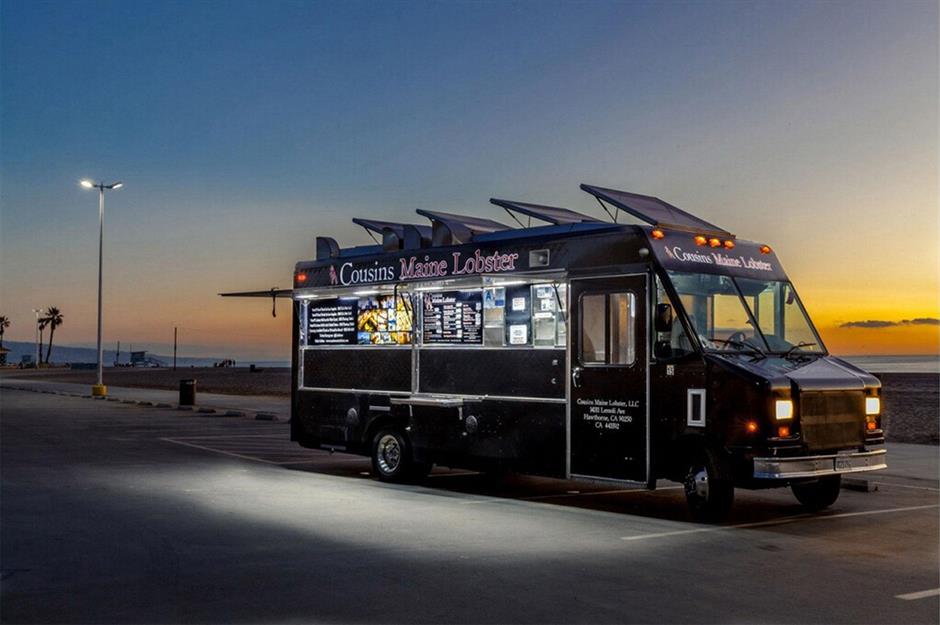
Eager to start a chain, the cousins pitched their business to the Sharks in an episode of the show that aired in November 2013 and made a deal with New York real estate queen Barbara Corcoran, who invested $55,000 for 15% equity. An ambitious expansion program followed and the cousins now have more than 28 trucks across the USA, as well as eight restaurants. In 2017, the most recent year figures were available, total revenue exceeded $20 million.
Tracey Noonan and Danielle Vilagie: Wicked Good Cupcakes
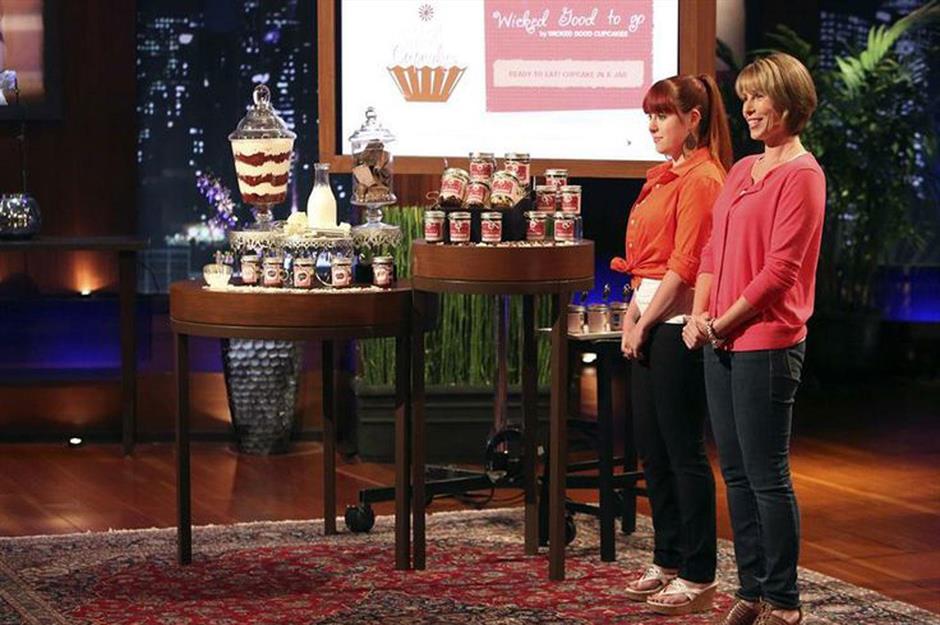
Tracey Noonan and Danielle Vilagie: Wicked Good Cupcakes
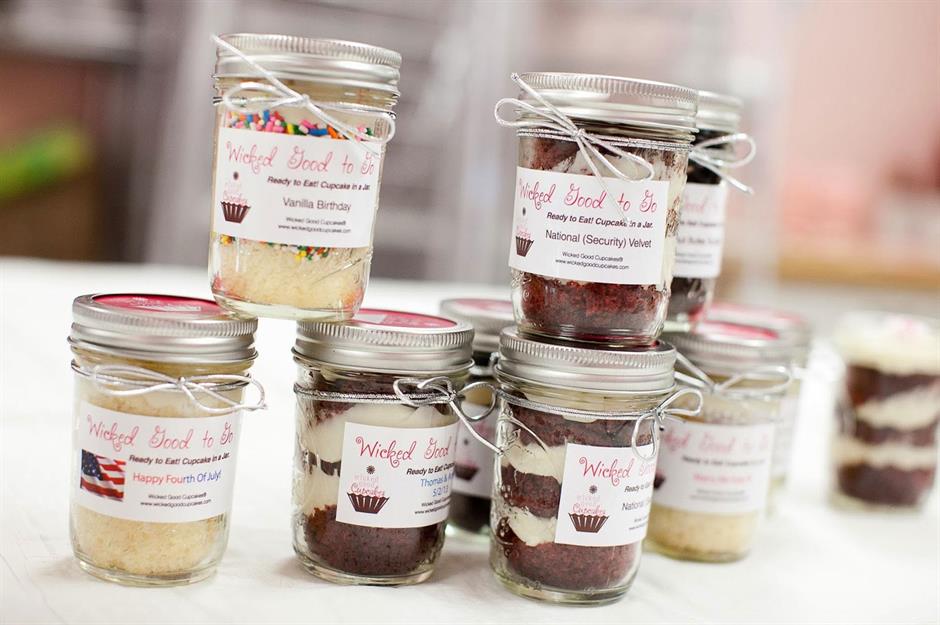
O'Leary didn't have to wait too long for a decent return. Sales of the yummy cupcakes hit the roof following the season four episode in 2013, and grew by 600% in the first year after their appearance. As they approached 2017 they had sales totaling $10 million, and in late 2017 Noonan and Vilagie announced they were going to enter into franchising through food trucks, with the first franchisees hitting the road in early 2018. Sweet success for this mother and daughter team.
Josh and Diana Harbour: Red Dress Boutique
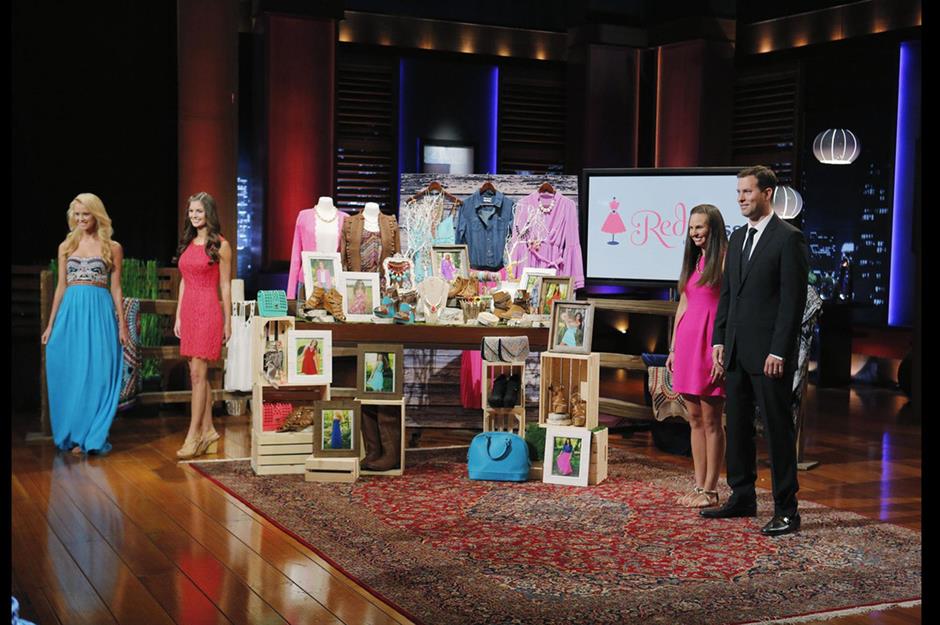
Josh and Diana Harbour: Red Dress Boutique
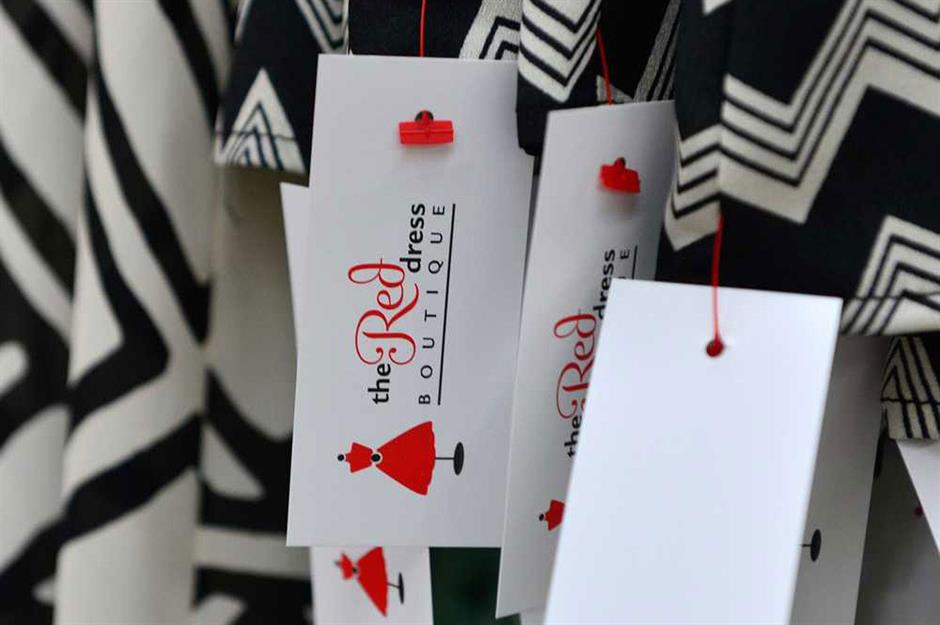
Despite the Harbours' commitment to their business, they were struggling with their website and losing sales. Following the October 2014 episode, the website made over $1 million in six days, and since Cuban helped the couple resolve their website issues the company has gone from strength to strength, almost doubling its annual revenues from $8 million to $14 million. At the beginning of 2019, Diana was even able to buy back the share owned by Cuban.
Mark Cuban is no stranger to getting rich quick, as you can read about here in The billionares who got richest quickest
Rick and Melissa Hinnant: Grace & Lace
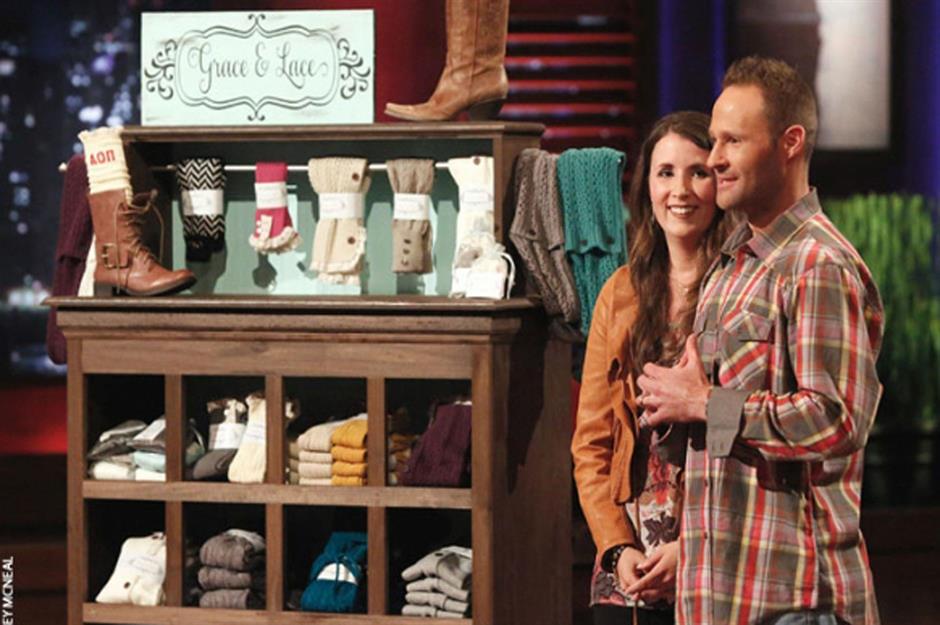
Another thriving fashion firm and one of Barbara Corcoran's most successful Shark Tank investments, Grace & Lace has been a major money-spinner since company founders and husband-and-wife team Rick and Melissa Hinnant appeared on the show in November 2013.
Rick and Melissa Hinnant: Grace & Lace
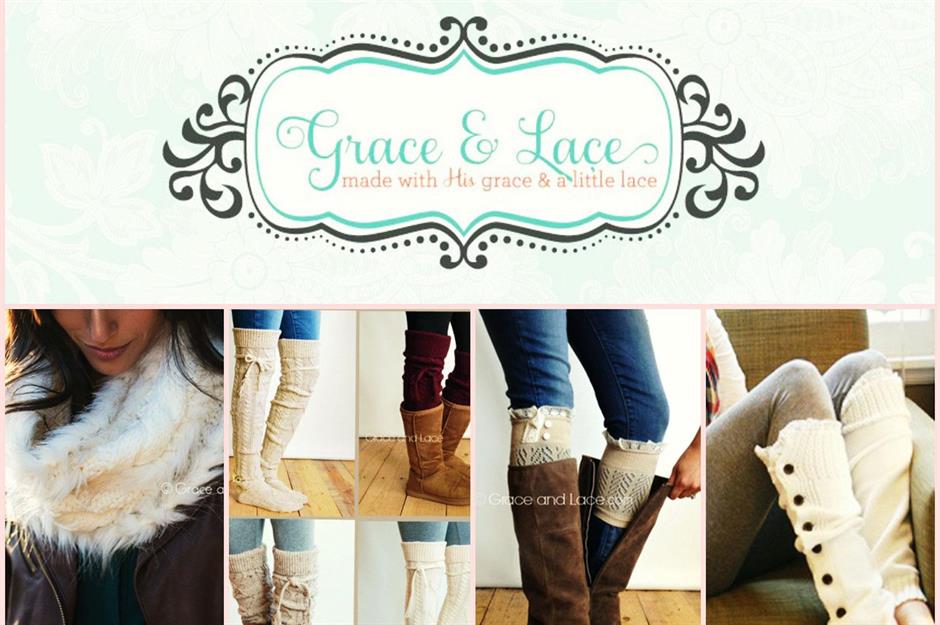
Brad Scudder and Rob Dickens: Rugged Maniac
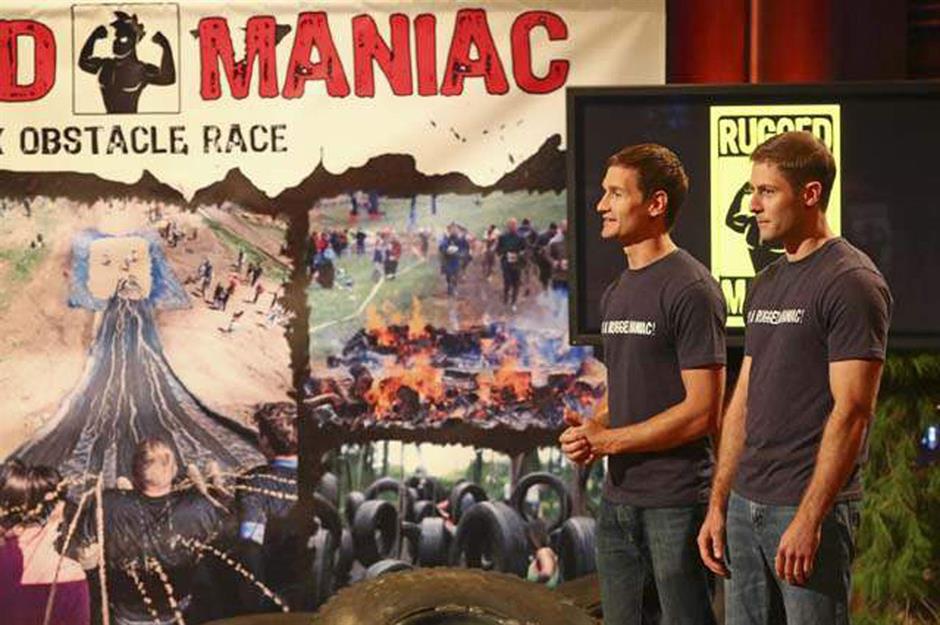
Brad Scudder and Rob Dickens: Rugged Maniac
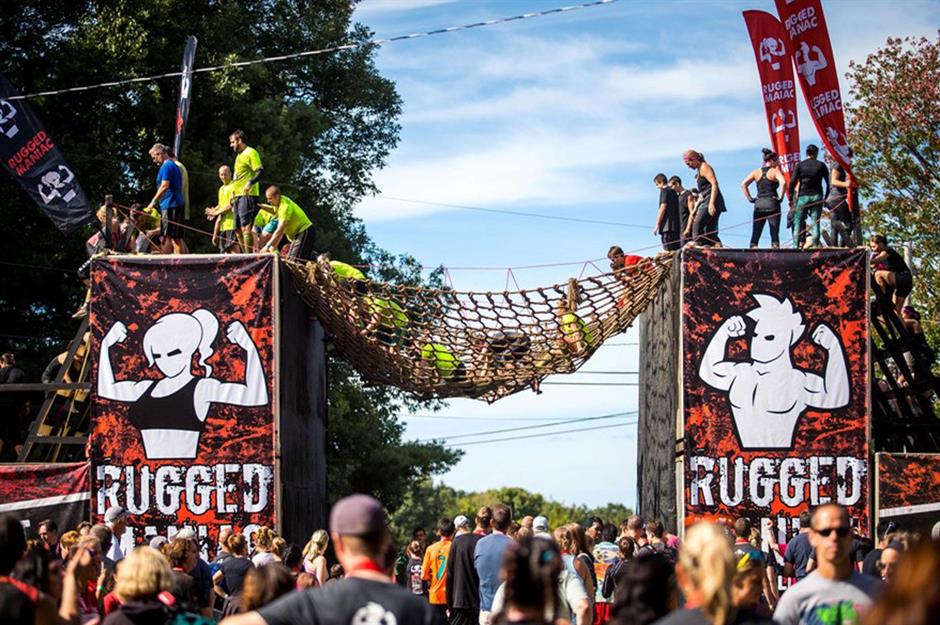
Keen to beef up their business finances and expand the company, the duo were featured on Shark Tank in April 2014, scoring a $1.75 million investment from Mark Cuban for 25% of the business. The cash has certainly paid off. Revenues rose from $4.2 million before they appeared on the show to $10.5 million in 2016, with the company expanding to scores of cities in the US and Canada. A majority share in the company was then acquired by New Media Investment Group in 2018 for $10.4 million. Despite having to cancel most of the 2020 events because of the coronavirus pandemic, Rugged Maniac kept up the hype by launching a virtual race instead.
Evan Mendelsohn and Nick Morton: Tipsy Elves
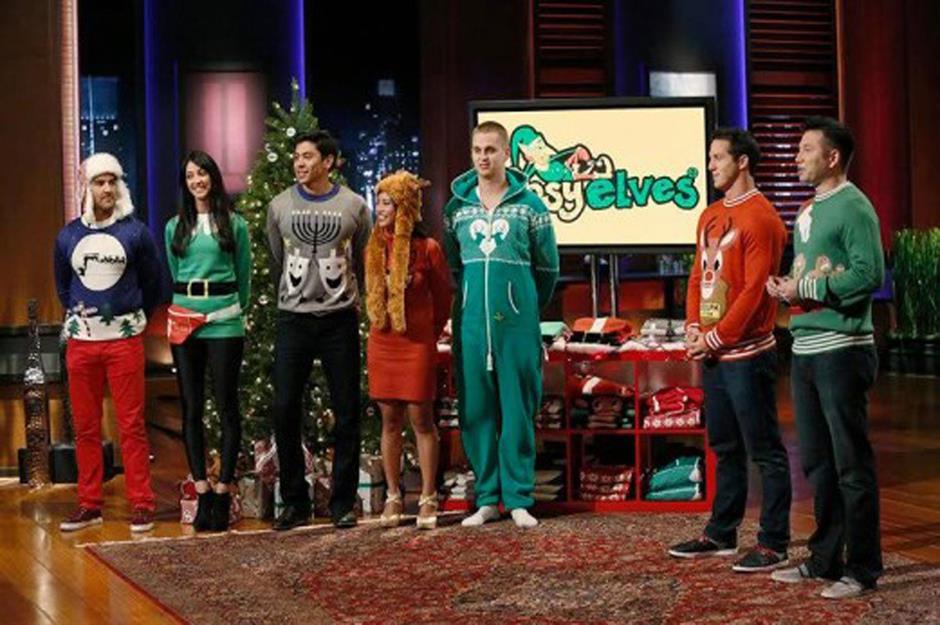
Capitalizing on the ugly Christmas jumper trend, University of the Pacific grads Evan Mendelsohn and Nick Morton founded novelty clothing firm Tipsy Elves in 2011. A success from the get-go, the company's cheesy sweaters were featured in People magazine and the Today Show that same year, and sales began to surge.
Evan Mendelsohn and Nick Morton: Tipsy Elves
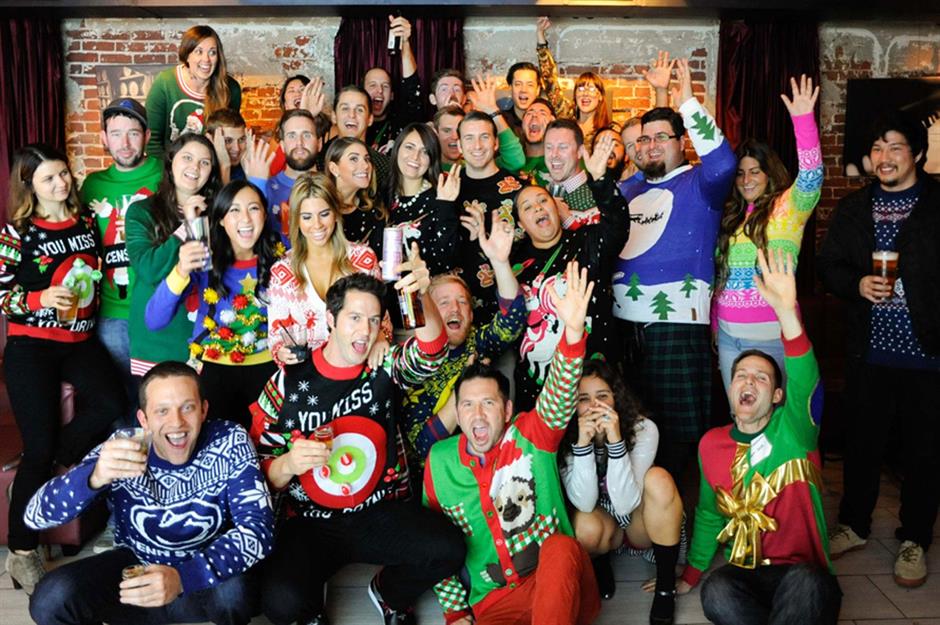
In need of funding to expand, Mendelsohn and Mortan turned to the Sharks, appearing on the show in December 2013. Robert Herjavec recognized the firm's potential straight away and snapped up 10% for $100,000. Thanks to his help diversifying the business, annual revenues have surged to $8 million in 2016, and total sales have since reached $50 million. The company even made it onto the world stage when the Jamaican bobsled team were seen wearing Tipsy Elves jumpsuits at the Winter Olympics in 2018.
Brian and Julie Whiteman: GrooveBook
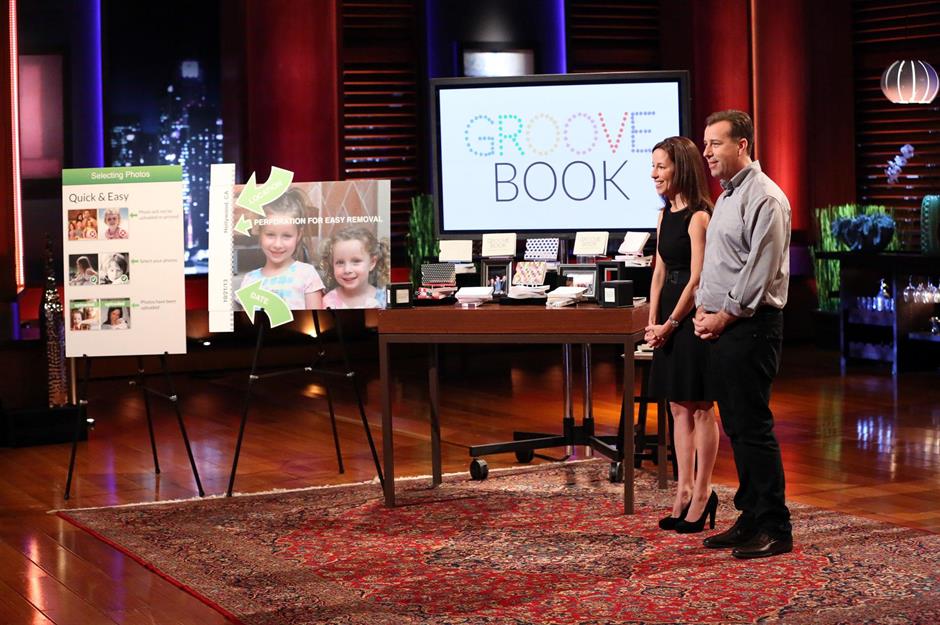
Brian and Julie Whiteman: GrooveBook

Al "Bubba" Baker: Bubba's-Q Boneless Ribs
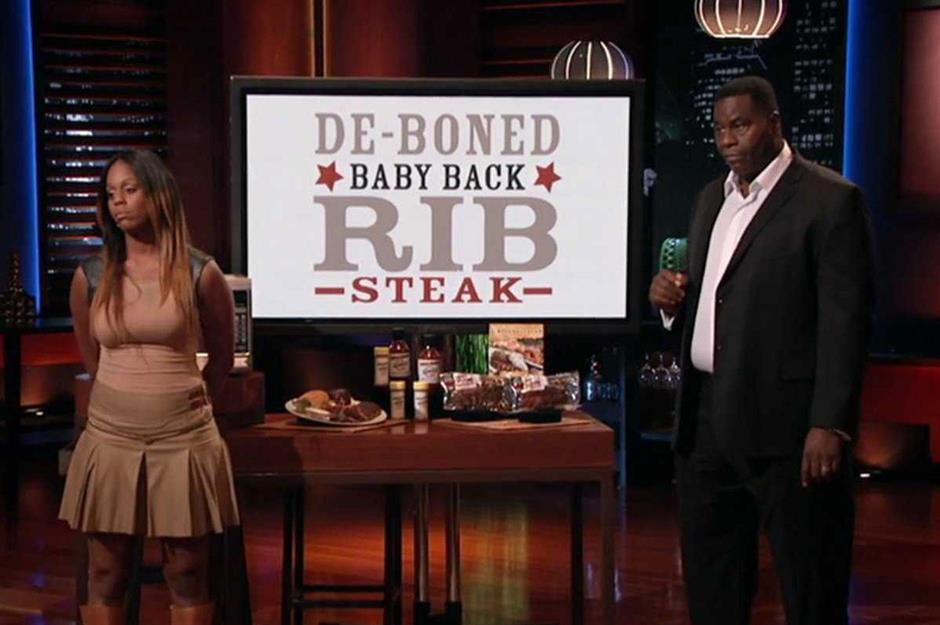
Al "Bubba" Baker: Bubba's-Q Boneless Ribs
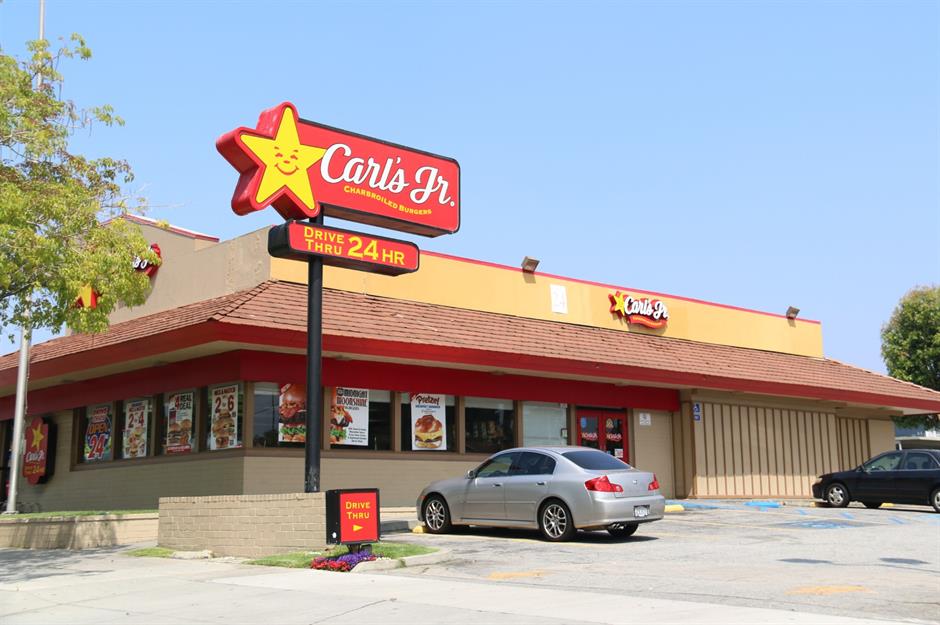
Bobby Edwards: Squatty Potty
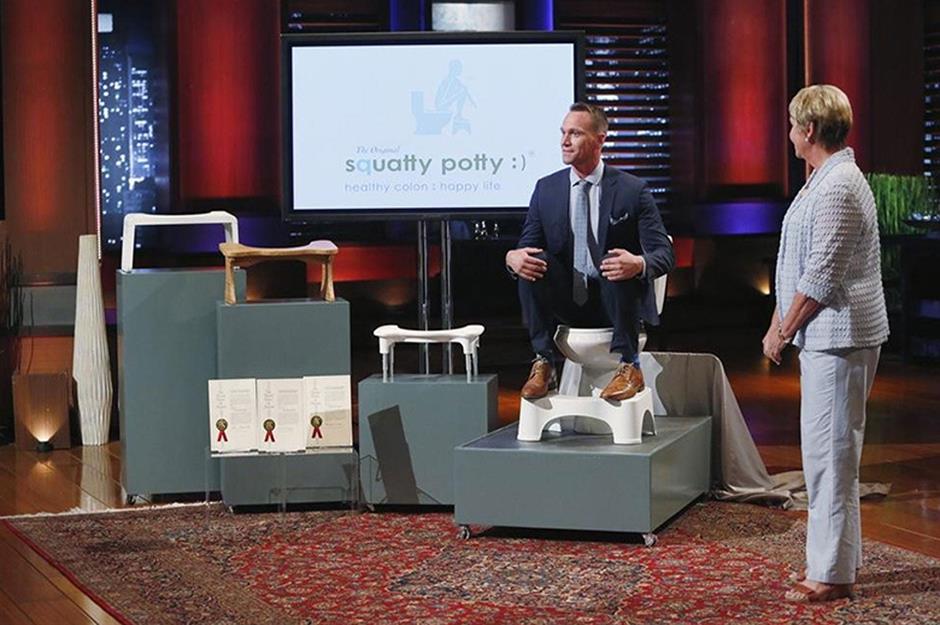
Bobby Edwards: Squatty Potty
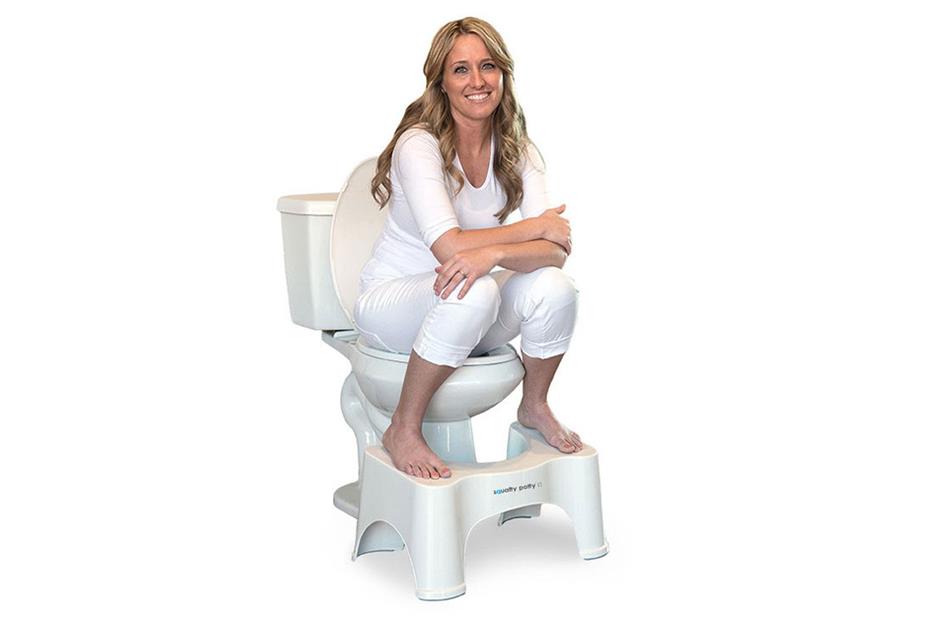
'Warm-blooded' Shark Lori Greiner loved the idea and stumped up $300,000 for 10% of the business – a very shrewd move on her part. Within 24 hours of the show's airing, more than $1 million-worth of product had been sold, and a lucrative contract with Bed Bath & Beyond soon followed. In 2016, sales hit a staggering $30 million, and while Edwards has taken a step back from the business, she remains on the board. By the end of 2019, Squatty Potty was being sold at more than 11,000 Bed Bath & Beyond stores across the US, and the line has been extended to include all-natural constipation pills and bathroom deodorizers
Aaron Krause: Scrub Daddy
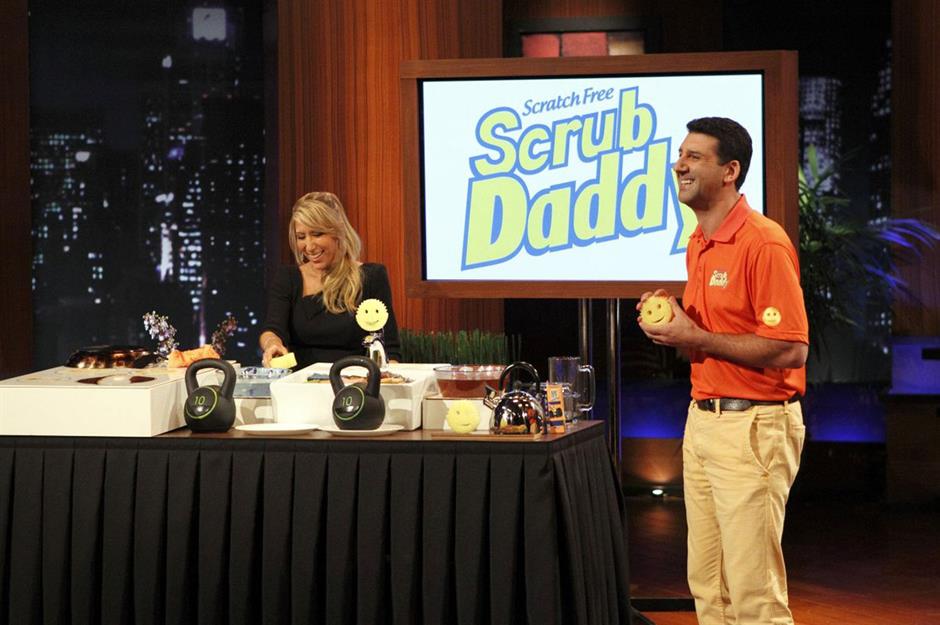
Car dealer Aaron Krause invented the multitasking sponge with the smiley face in the early 2000s and pitched his product to the Sharks in December 2012.
Aaron Krause: Scrub Daddy
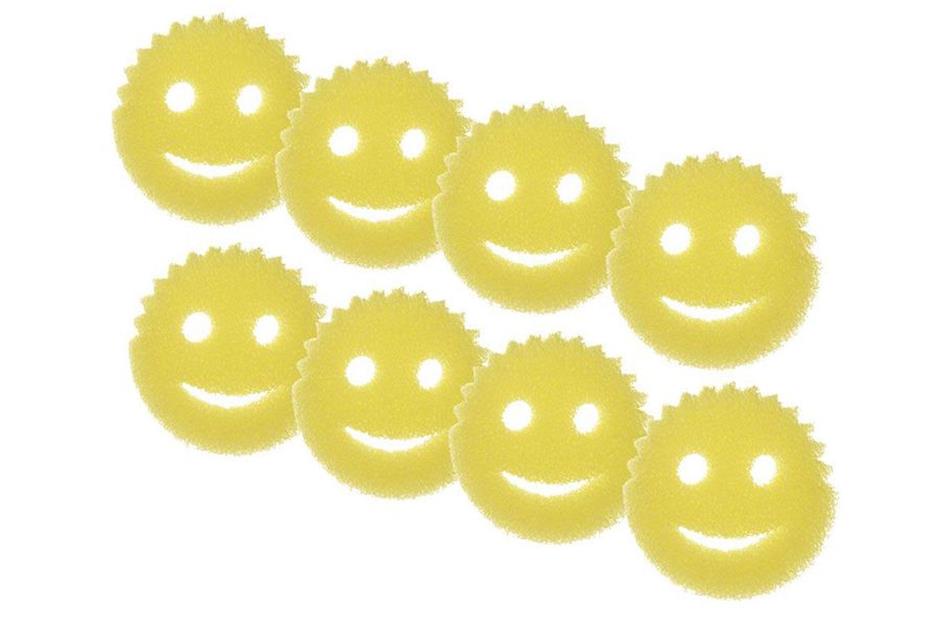
Scrub Daddy was picked up by Lori Greiner, who bagged a 20% stake in the company for $200,000. Greiner helped Krause secure deals with major retailers including QVC, and the super-versatile product, which turns soft in warm water and hard in cold water, is now America's number one sponge. It has been reported to have sold 10 million units since appearing on the show, with sales topping $50 million.
Matt Alexander and Mike Kannely: IllumiBowl
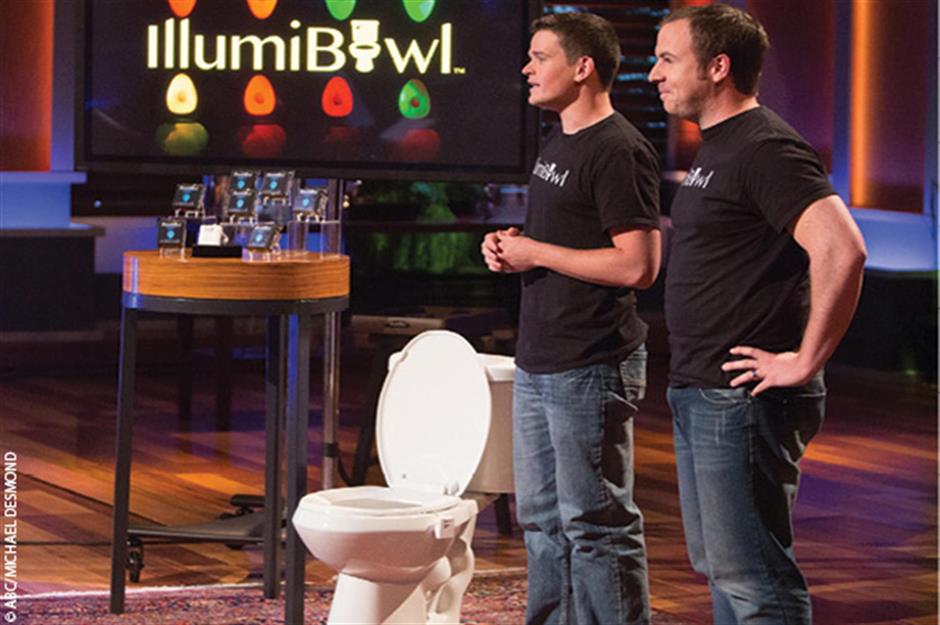
Another bathroom-themed Shark Tank success story is IllumiBowl, a motion-activated toilet night light. Inventors Matt Alexander and Mike Kannely decided that they were fed up with stumbling into the bathroom at night and being woken up by the glare of the main light, so designed a product they claim will help you ‘have the best late-night bathroom experience possible’. To kickstart their global takeover, the pair were seeking a $100,000 investment in exchange for 15% equity.
Matt Alexander and Mike Kannely: IllumiBowl
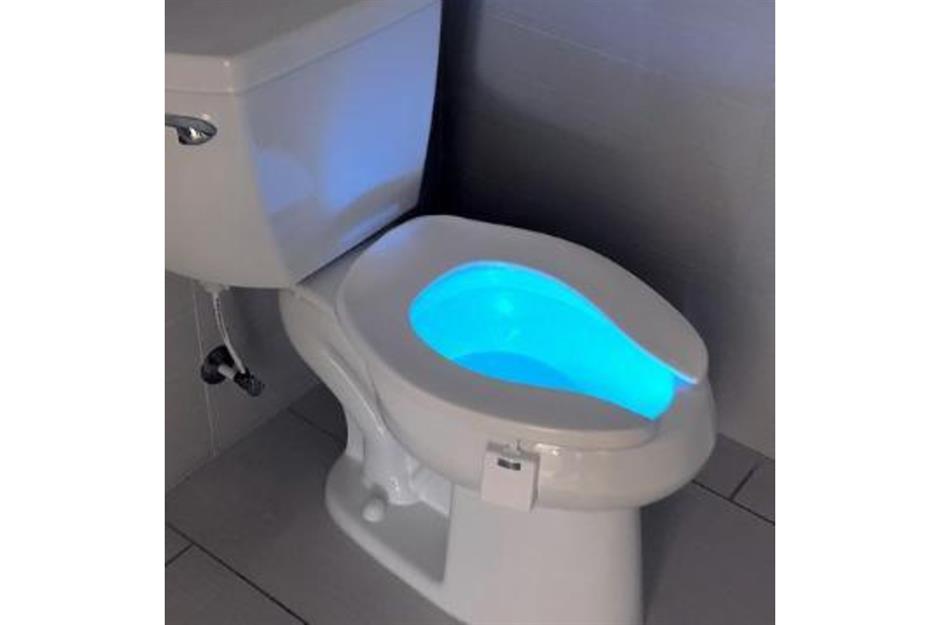
Kevin O’Leary bit into this rather niche bait and offered the cash in exchange for 25% of the company, which the pair accepted. Just two years after appearing on the show, USA Today reported $11 million in sales. The IllumiBowl product line has also expanded to include motion-sensor projectors which light up the toilet lid, a ‘germ-defense’ version of the original night light, and a light-up loofah.
Erik Hopperstad and Brian Brosh: PRx Performance
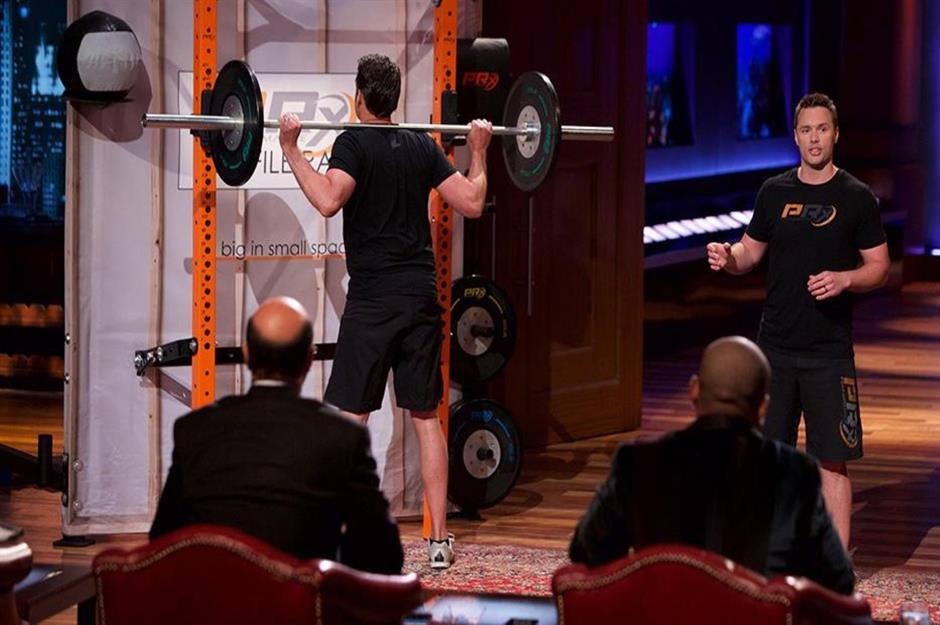
Fitness enthusiasts Erik Hopperstad and Brian Brosh knew how much space conventional gym equipment took up at home, and so came up with their own foldable products that were better suited to smaller spaces. They presented the Sharks with PRx Performance back in 2016, asking for an $80,000 investment for a 10% stake in the company. As a keen gym-goer himself, it’s unsurprising that Kevin O’Leary was the Shark to snap up the deal, offering the money in exchange for a 20% stake and 20% of any distributions.
Erik Hopperstad and Brian Brosh: PRx Performance
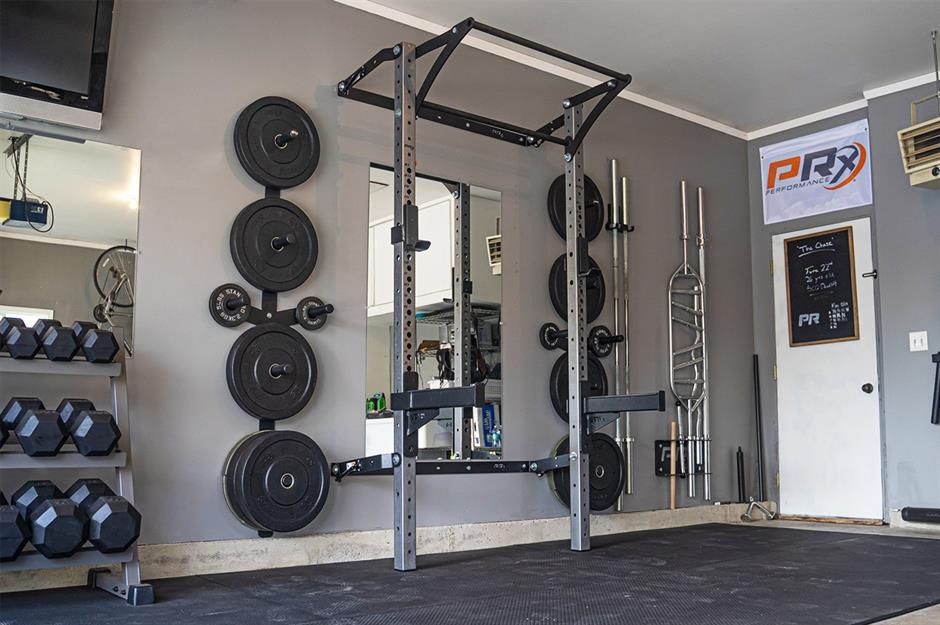
Home workout equipment for cramped spaces proved to be a big hit, with a three-year revenue growth of 2,097.5% as of 2019 giving the company a spot on the Inc. 5000 list for the second year running. Since originally appearing on Shark Tank, the business has reportedly made more than $15 million in sales, which are likely to have boomed during the pandemic while gyms have had restricted opening times.
Kim Nelson: Daisy Cakes
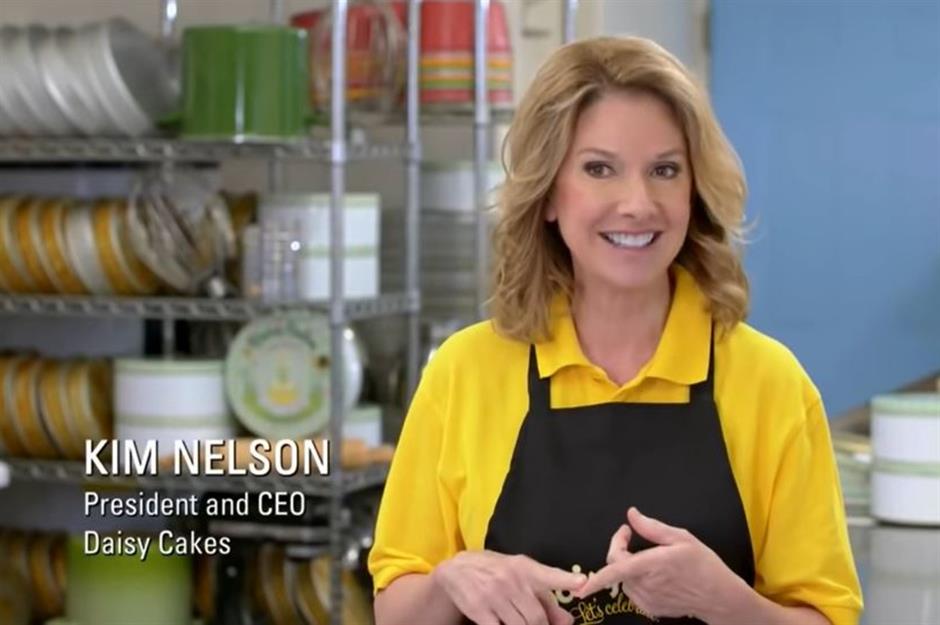
Daisy Cakes came to Shark Tank in season two of the show back in 2011. Founder Kim Nelson drew in Barbara Corcoran not only with her delicious cake, but also her sales skills, and the Shark agreed to a $50,000 investment for a 25% stake in the business.
Kim Nelson: Daisy Cakes
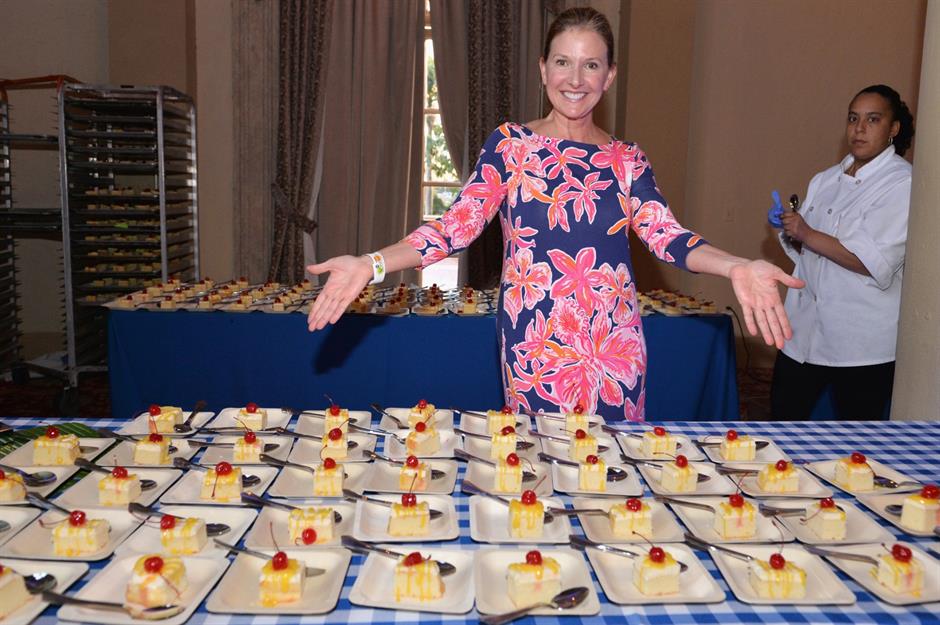
In 2019, Corcoran said that Daisy Cakes was her most successful Shark Tank investment to date. After appearing on the show, over 10,000 cakes were sold every week – quite the uptick compared to the 2,000 cakes had made their way off the shelves over previous two years. Sales went up dramatically, going from $27,000 to a whopping $3 million in 2017.
Eli and Jennifer Crane: Bottle Breacher
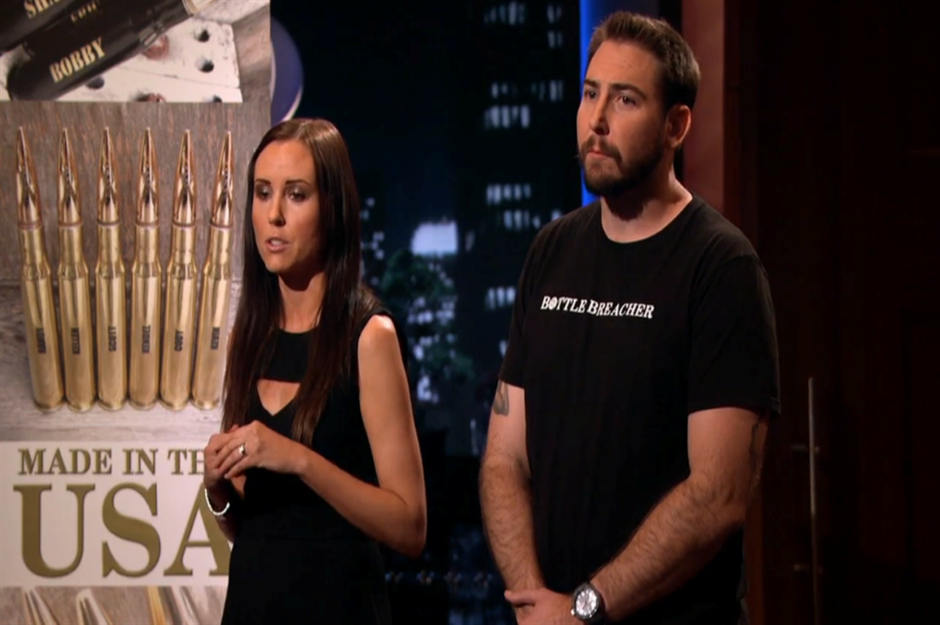
Ex-Navy SEAL Eli Crane and wife Jennifer brought a new ‘manly’ utensil to the Sharks in 2014 – Bottle Breacher. Having experienced the armed forces first hand, the Cranes wanted their business to benefit those who have served, with up to 100% of the profits going into charities to help servicemen and women and their families. When the pair first went to the Sharks they wanted a $150,000 investment for 10% of the company. Both Mark Cuban and Kevin O’Leary were fans of the product, and jointly invested the money for a 10% cut each.
Eli and Jennifer Crane: Bottle Breacher
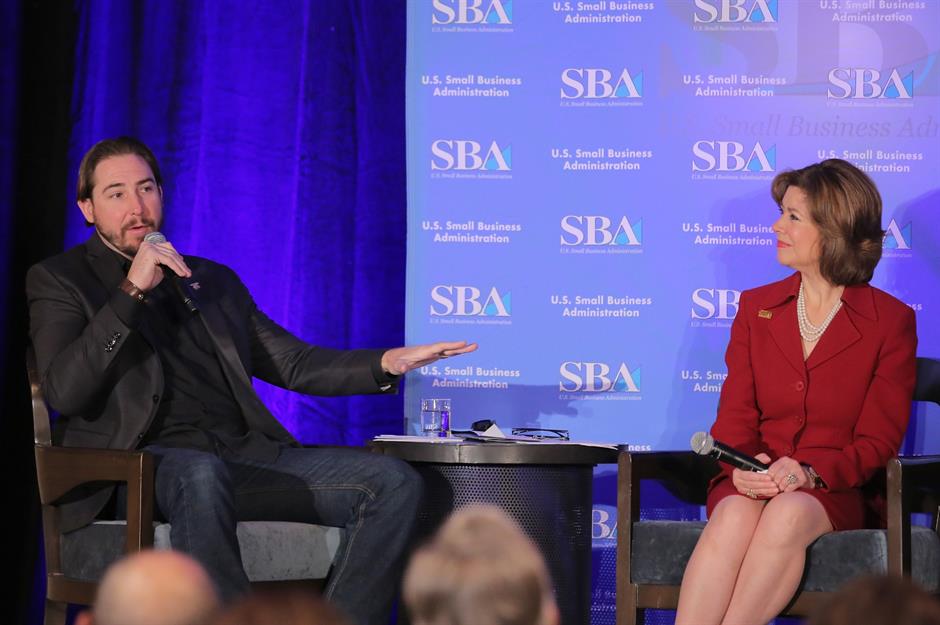
The stylized bottle openers now come in a number of designs, including the original bullet pens and Donald Trump-themed pieces. Since their appearance on Shark Tank, Bottle Breacher has managed to donate to hundreds of non-profits over the years and had nearly reached $17 million in sales as of August 2018, according to its website.
David Heath and Randy Goldberg: Bombas
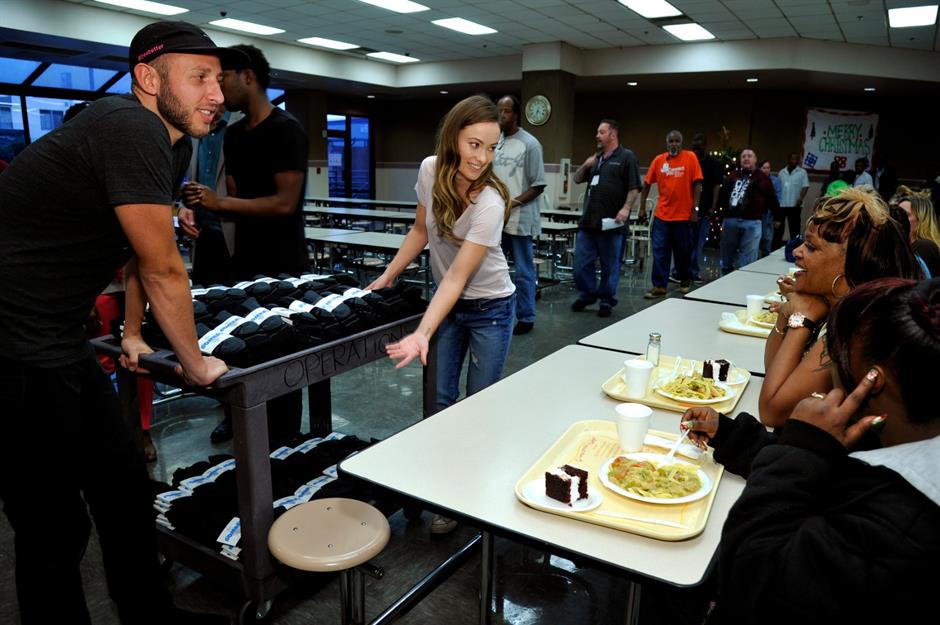
When David Heath and Randy Goldberg entered the Shark Tank with their pitch, they were tasked with explaining that their company Bombas wasn’t any old sock manufacturer, but that they had the comfiest socks going. The socks sold would also help a good cause, as for every pair bought another would go to charity. Daymond John was won over, and a deal was made at a $200,000 investment in return for 17.5% equity.
David Heath and Randy Goldberg: Bombas
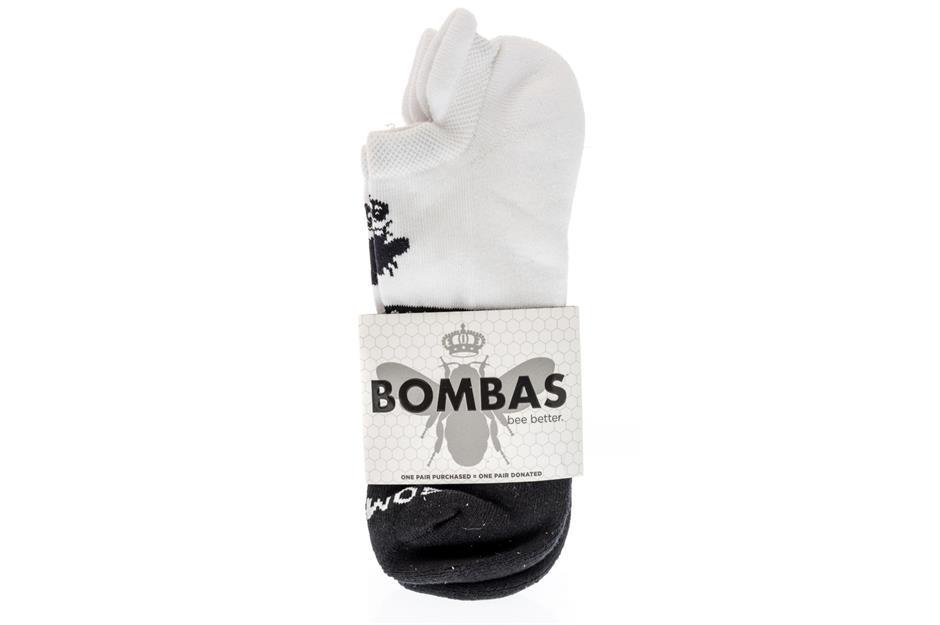
Within two months of the episode airing, Bombas made $1.2 million in sales and sold out of stock. The sock company now also sells shirts, and has gone on to be heralded as the most successful venture to have come through Shark Tank, with sales hitting $225 million by the end of 2019, as reported by USA Today.
Shaan Patel: 2400 Expert (now Prep Expert)
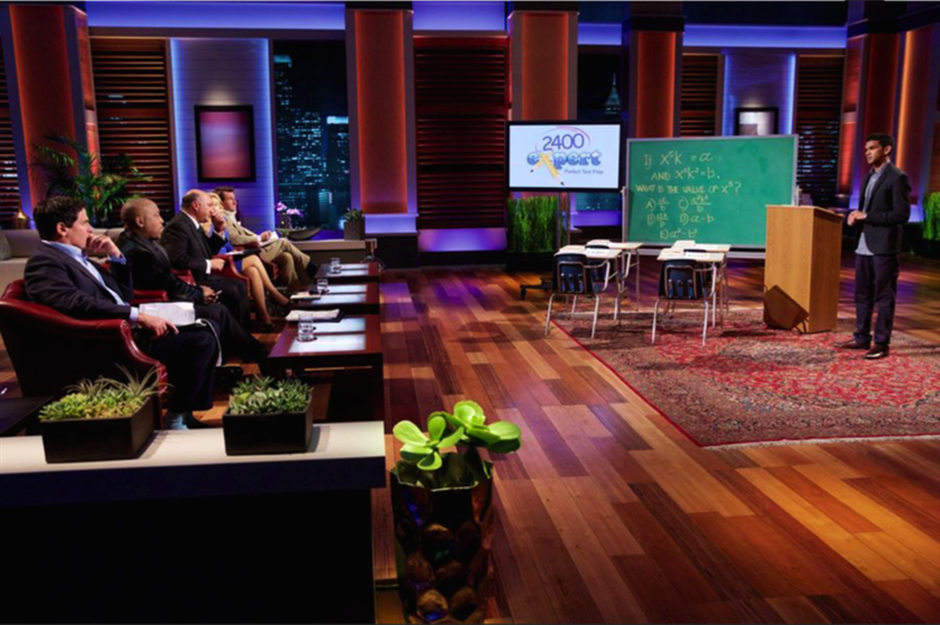
Shaan Patel: 2400 Expert (now Prep Expert)
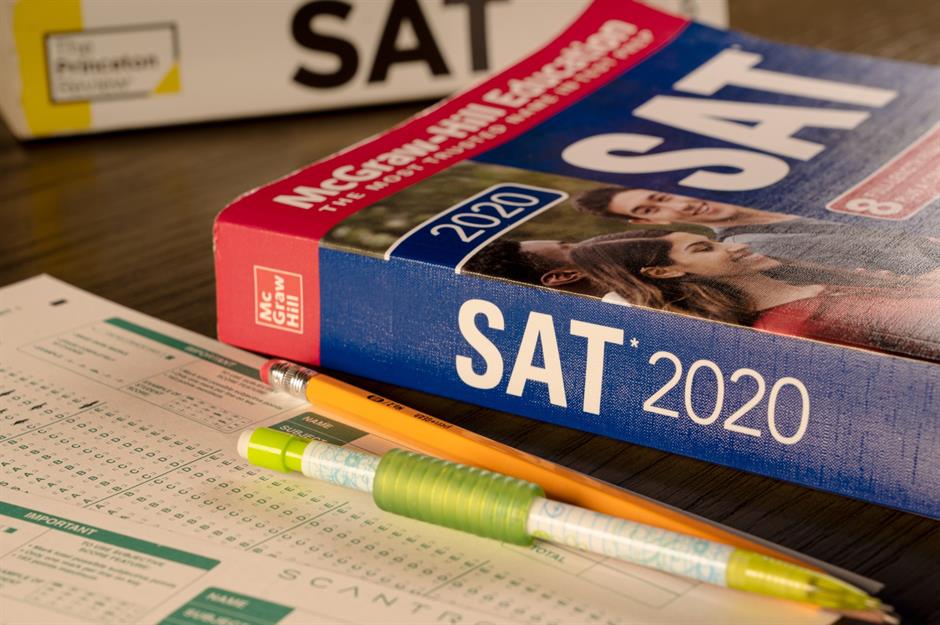
Brandon Leibel, Bruno Aschidmanini and Steven Ford: Sand Cloud
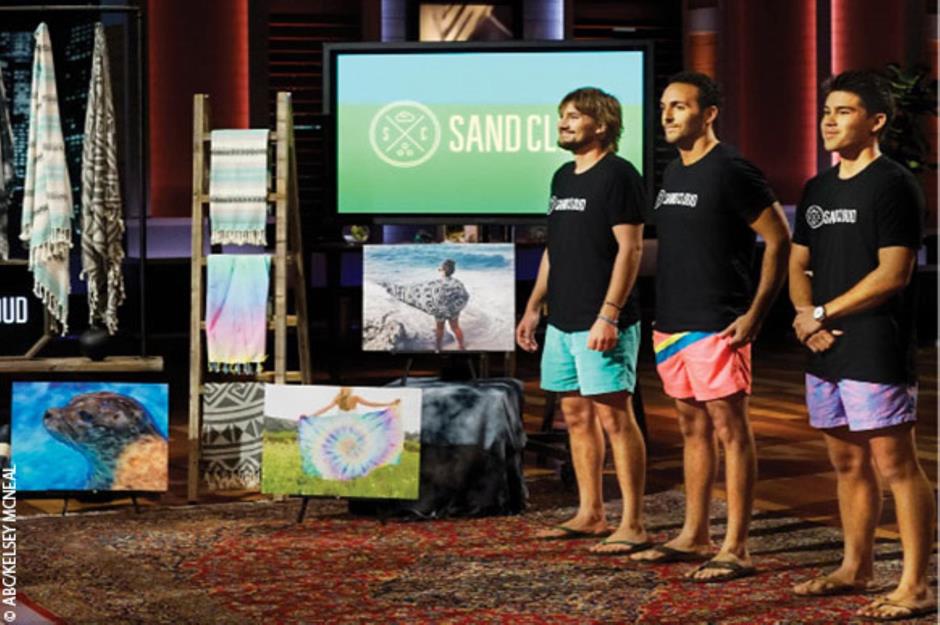
Brandon Leibel, Bruno Aschidmanini and Steven Ford: Sand Cloud
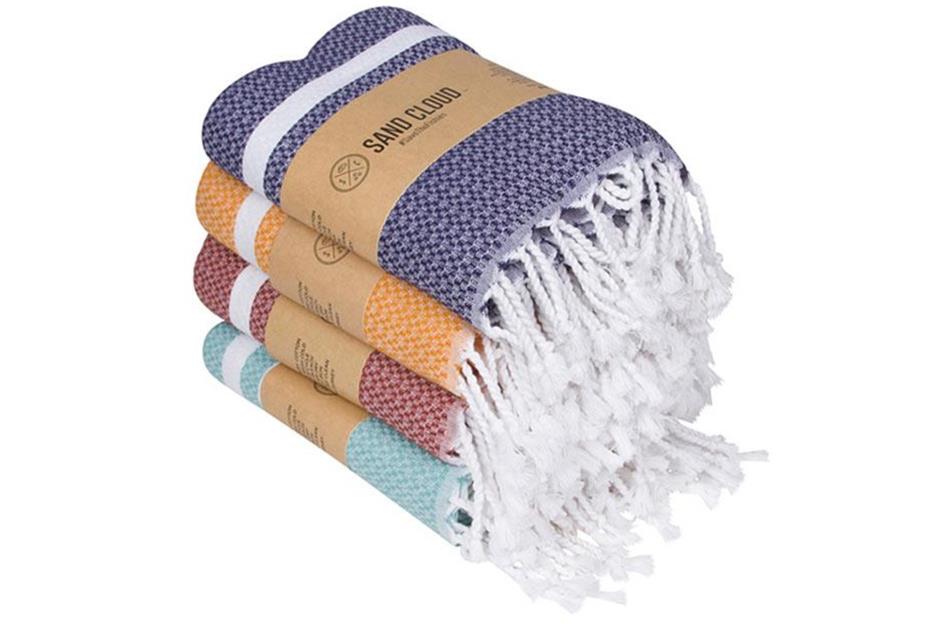
Tara Brown: Sleep Styler
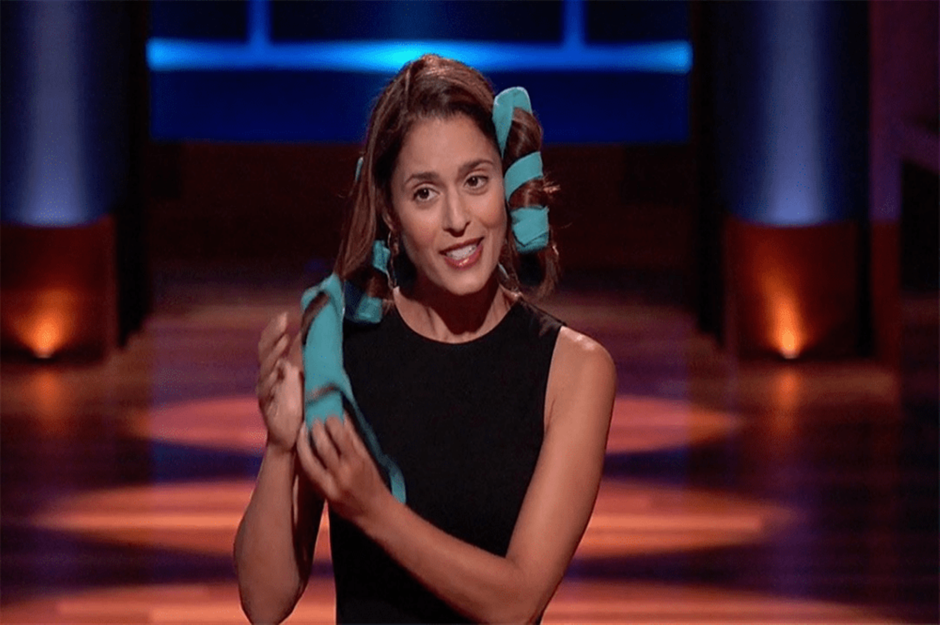
Making a unique entrance on Shark Tank in 2017, Tara Brown walked in with her hair still in rollers, and had already had them in for around 22 hours. Unraveling slickly curled locks created without any heat, the Sleep Styler inventor quickly won over Lori Greiner with her overnight hair styling product, and she secured an investment of $75,000 for 25% of her business.
Tara Brown: Sleep Styler
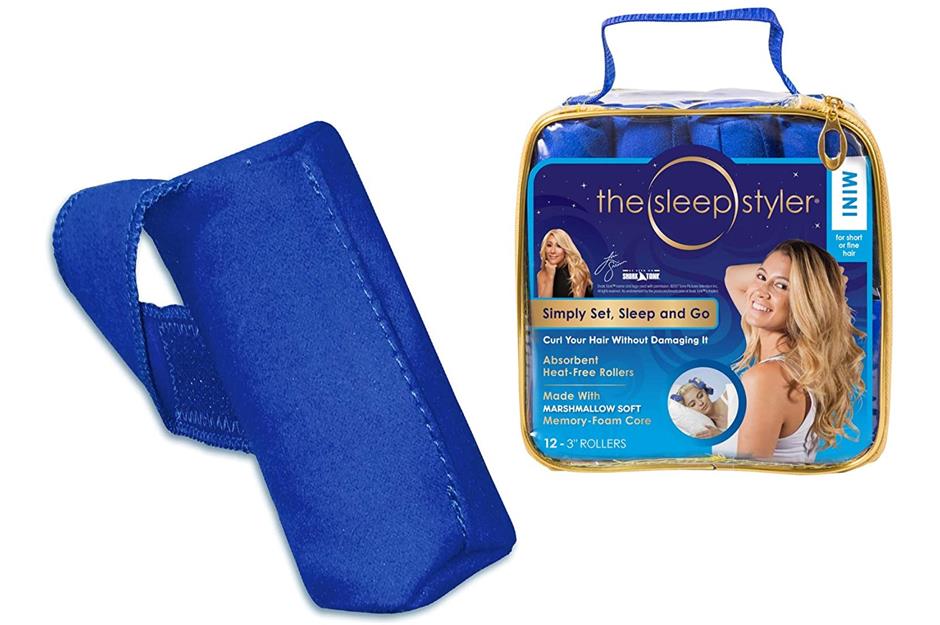
According to Greiner’s website, Sleep Styler made $50 million in the two years after it featured on Shark Tank, and is currently up to around $100 million in sales. The product itself has received mixed reviews, and was pulled from QVC where it had a two-star rating. Bad ratings or not, the millions speak for themselves in terms of how popular this product turned out to be.
Dan Gerson, Dave Levich and Eric Liberman: Sun-Staches
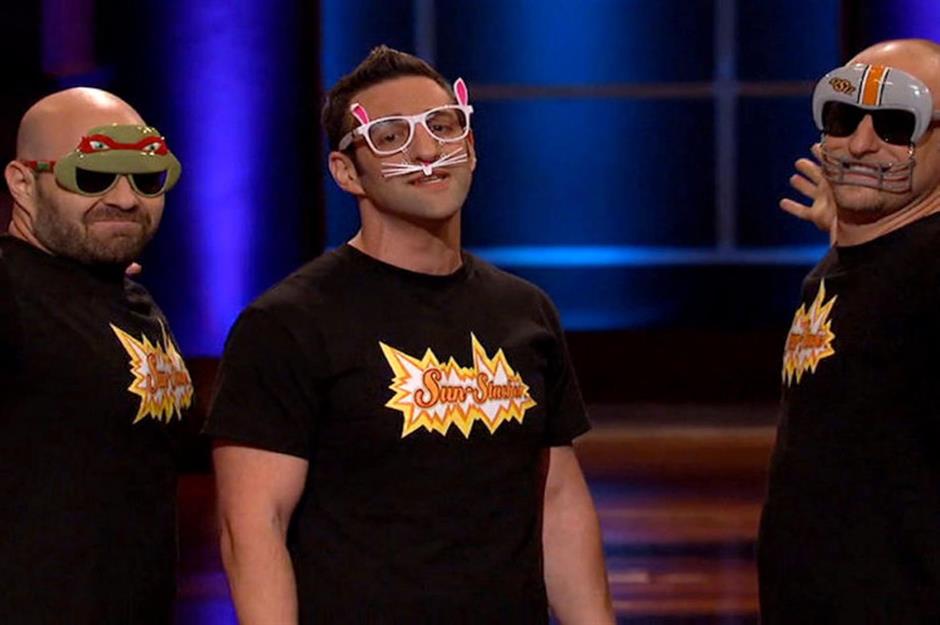
Novelty mustaches entered the Shark Tank in 2014, to the joy of a man known for his well-kept facial hair: Daymond John. Dan Gerson, Dave Levich and Eric Liberman brought their Sun-Staches – glasses accessorized to look like anything from a bunny to Yoda – to the Tank, hoping for $300,000 for a 5% stake in the company. The trio left with the money, but gave away four times more of their business than planned.
Dan Gerson, Dave Levich and Eric Liberman: Sun-Staches
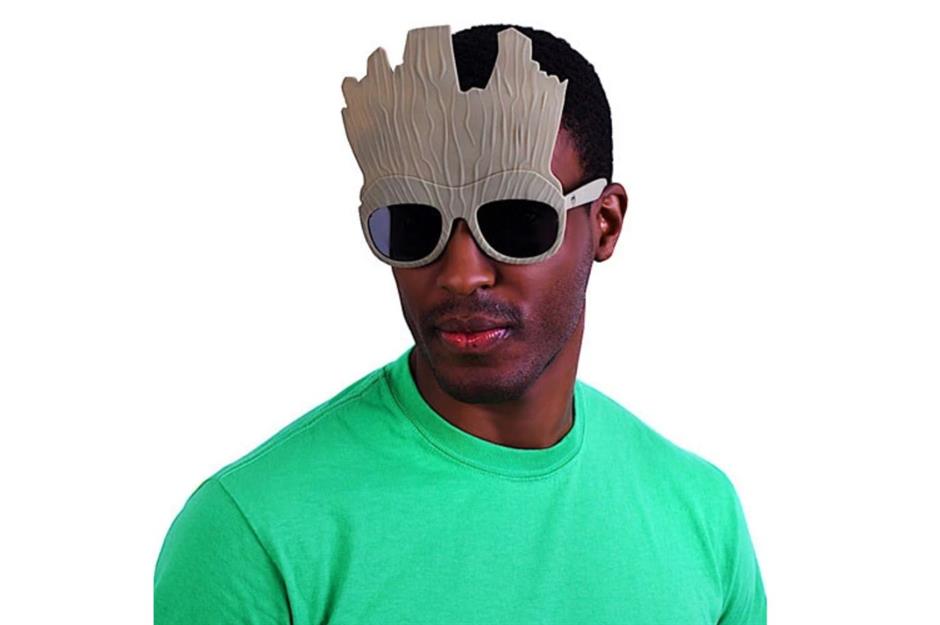
Elyse and Nick Oleksak: Bantam Bagels
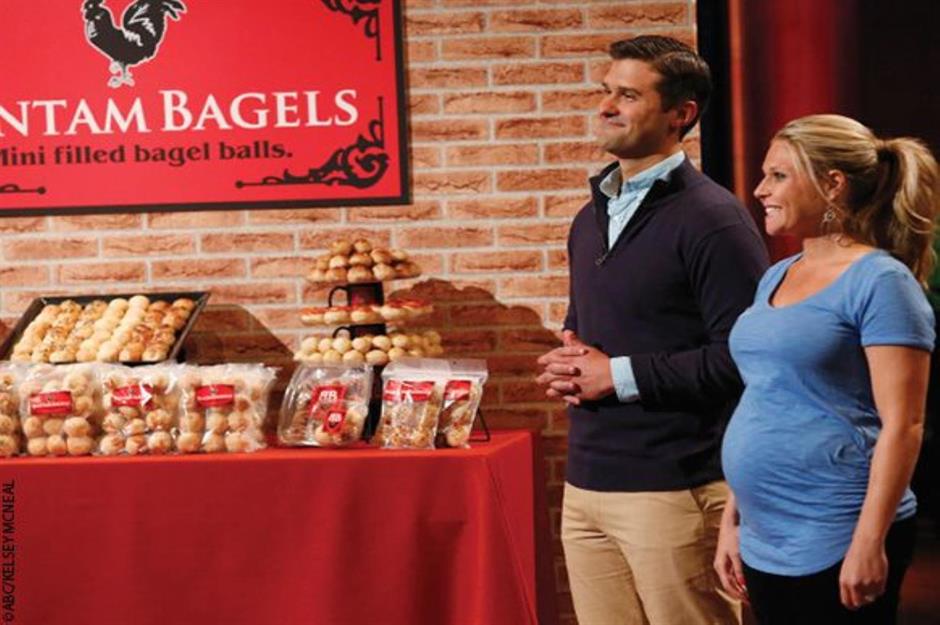
Elyse and Nick Oleksak love New York bagels, and they brought their bite-sized version to the Shark Tank table in 2014. The mini filled bagel balls caught the attention of Lori Greiner, who was happy to invest $275,000 for 25% of the couple’s company, Bantam Bagels. The Shark revealed that sales grew to an impressive $40 million once she was onboard.
Elyse and Nick Oleksak: Bantam Bagels
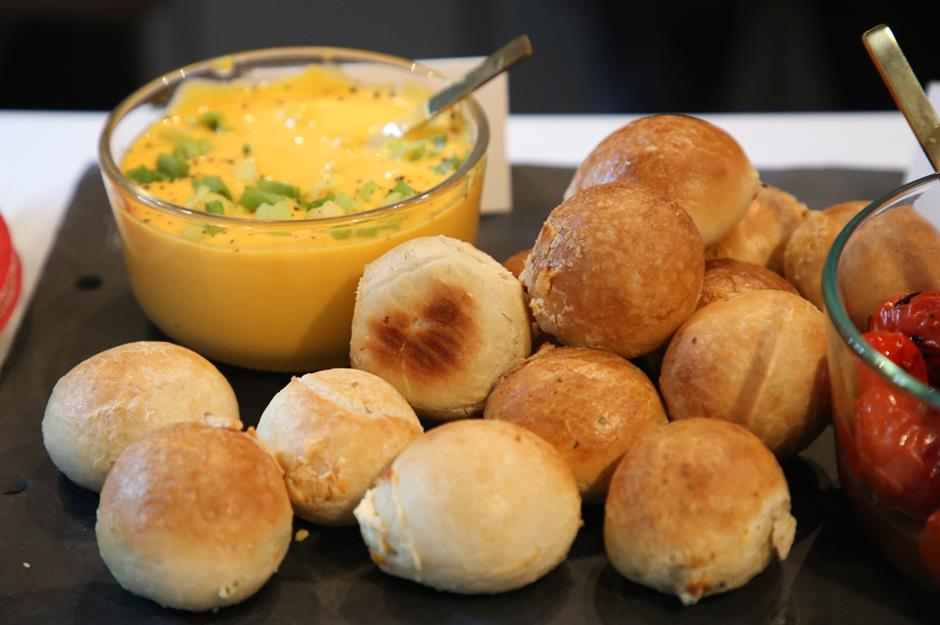
And the rejects? Mile Kane and David Artuso: Cellhelmet
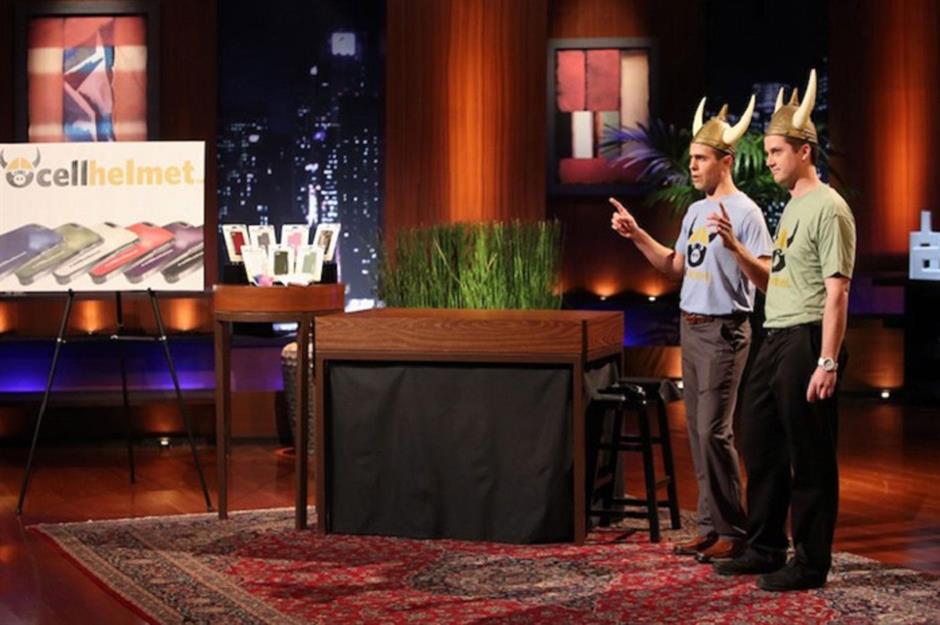
Some contestants were rejected by the Sharks, but have still gone on to make a fortune. For example, Mile Kane and David Artuso – the masterminds behind cellphone case company Cellhelmet – failed to secure a $160,000 investment for 20% of their business when they appeared on the show in March 2013, with Kevin O'Leary telling them to “get on the boat, and float away”.
Speaking of tough love, Kevin O'Leary is one of many multimillionaires who make sure their children have a strong work ethic... read about how the Super-rich refuse to spoil their kids
Mile Kane and David Artuso: Cellhelmet
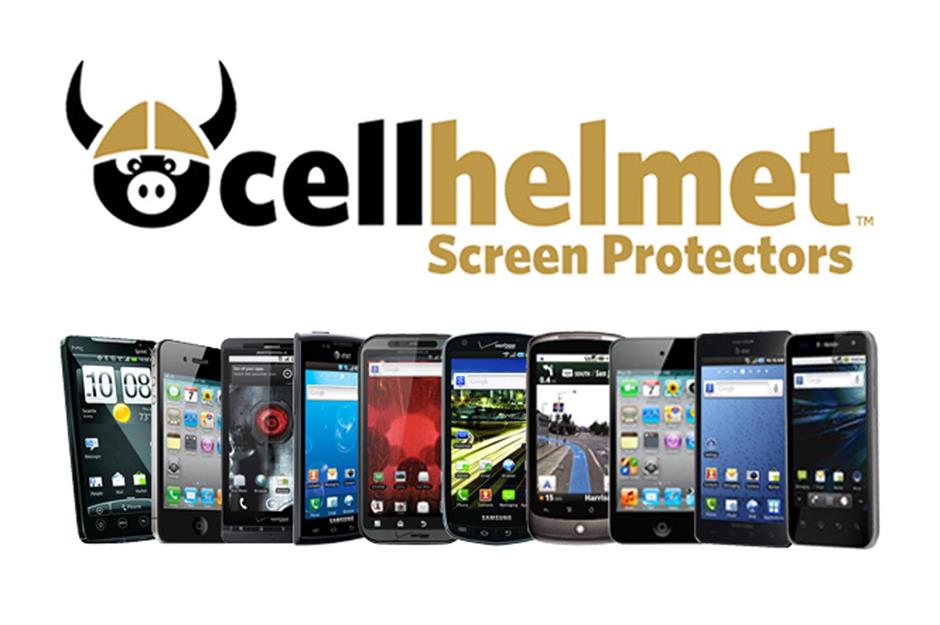
Jake Epstein and Joe Lemay: Rocketbook
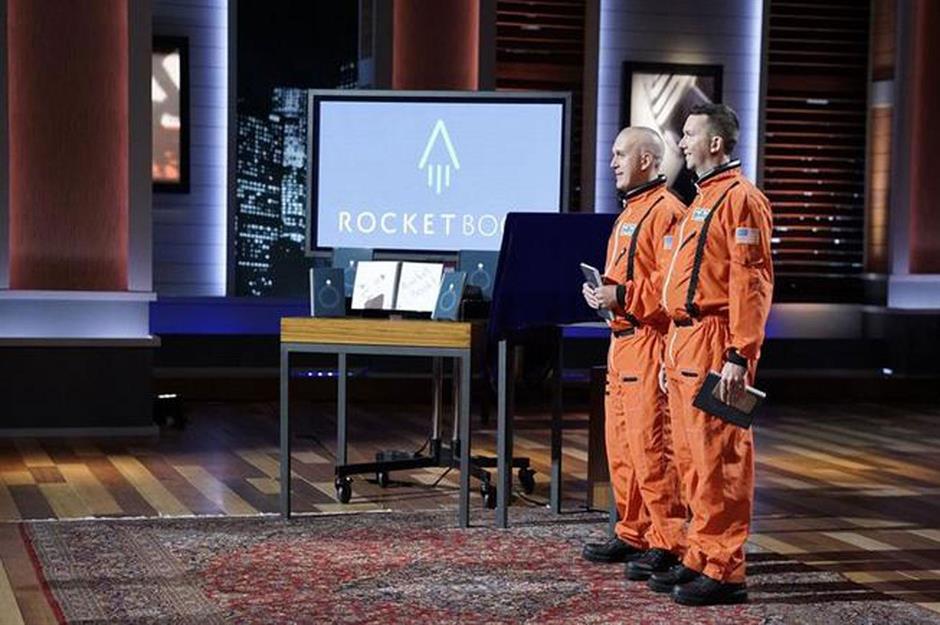
Jake Epstein and Joe Lemay's endlessly resuable notebook uploads notes to the cloud and can be microwaved to erase data. Good idea? The investors on the recent Shark Tank season finale didn't think so, which is their loss...
Jake Epstein and Joe Lemay: Rocketbook

A resounding success, the pair's one-of-a-kind gizmo has so far generated an impressive $10 million in revenue, including $1.2 million from an Indiegogo crowdfunding campaign, and was Amazon's top-selling notebook in November 2016. The notebooks now sell in Staples and Office Depot, among other stores, and Jake and Joe have responded to the Sharks' lack of investment with this video.
Tammer, Brookes and Taylor Dame: Proof Eyewear
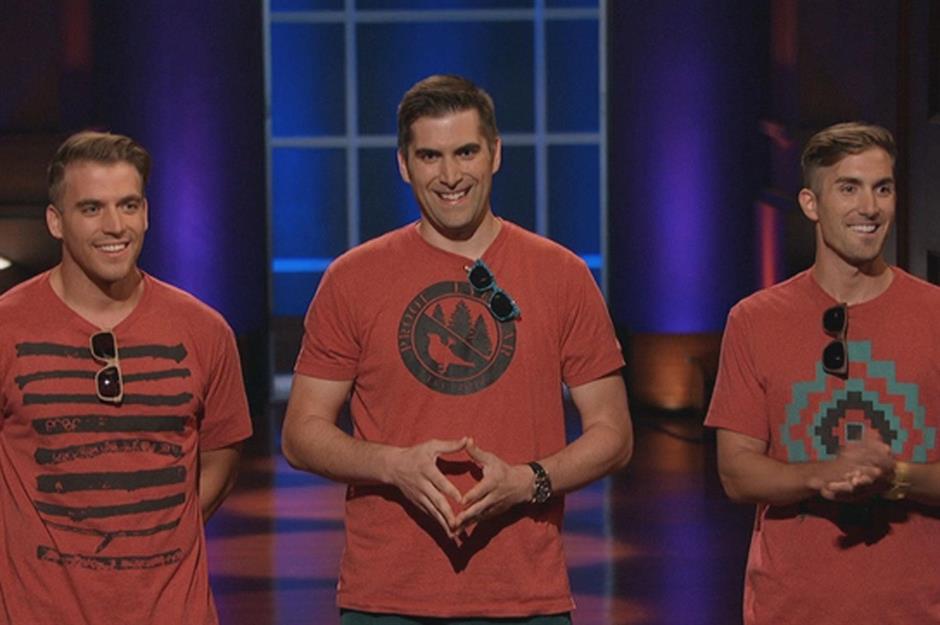
Tammer, Brookes and Taylor Dame: Proof Eyewear
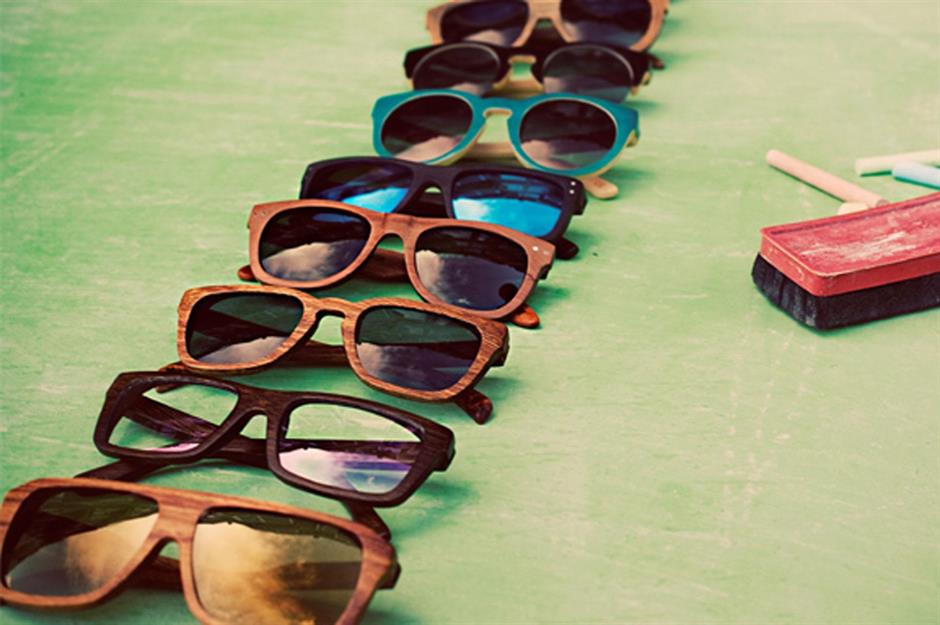
Arum, Dawoon and Soo Kang: Coffee Meets Bagel
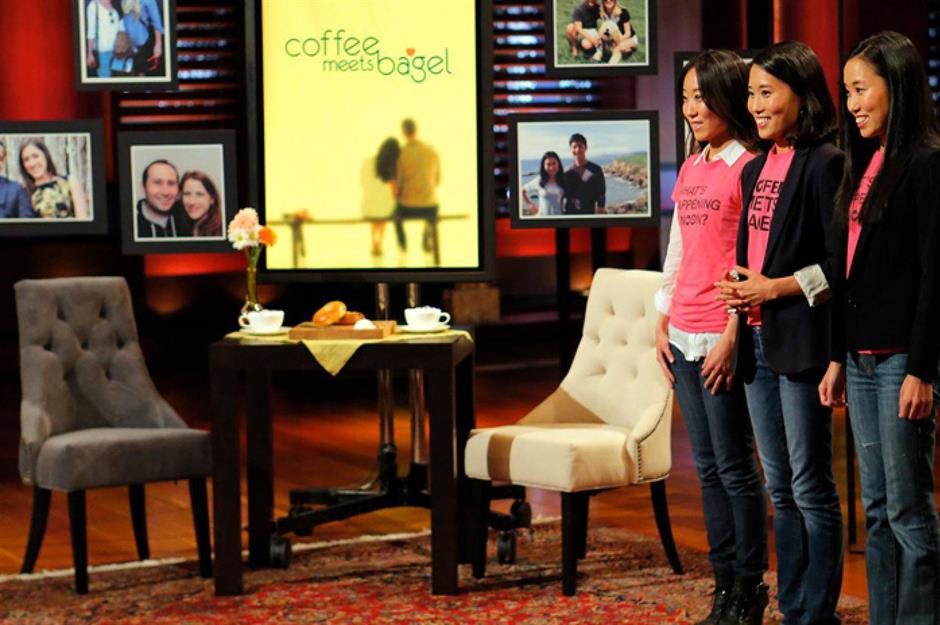
Another sibling-run business, dating and social media app and website Coffee Meets Bagel was founded by go-getting sisters Arum, Dawoon and Soo Kang. It launched in 2012 in New York, Boston and their home town San Francisco. The 'anti-Tinder' dating app, which focuses on quality over quantity, was featured on Shark Tank in January 2015, but the sisters left with nothing, turning down a $30 million offer from Mark Cuban, the largest in Shark Tank history.
Arum, Dawoon and Soo Kang: Coffee Meets Bagel
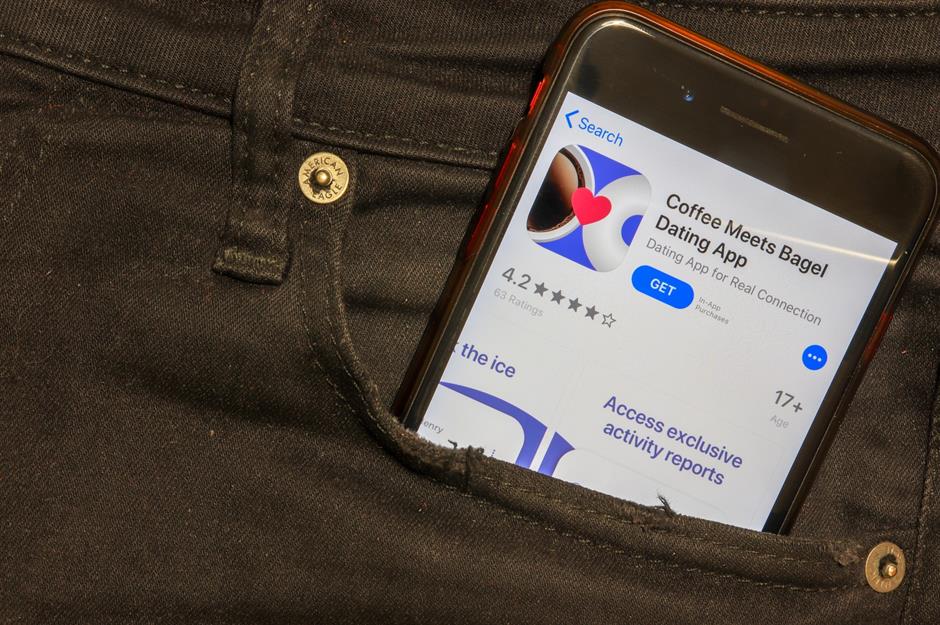
No matter. Since the episode aired, Coffee Meets Bagel has expanded to Hong Kong and Sydney, and made its billionth introduction in 2018. In 2017, it launched a premium membership for $35 per month, offering data on your matches' response times and in-app behavior as a way to help prevent 'ghosting', a dating trend where someone stops talking to someone they are dating without explanation. As of last year, the site had created 50 million matches.
Steven Sasha and Lena Phoenix: Xero Shoes
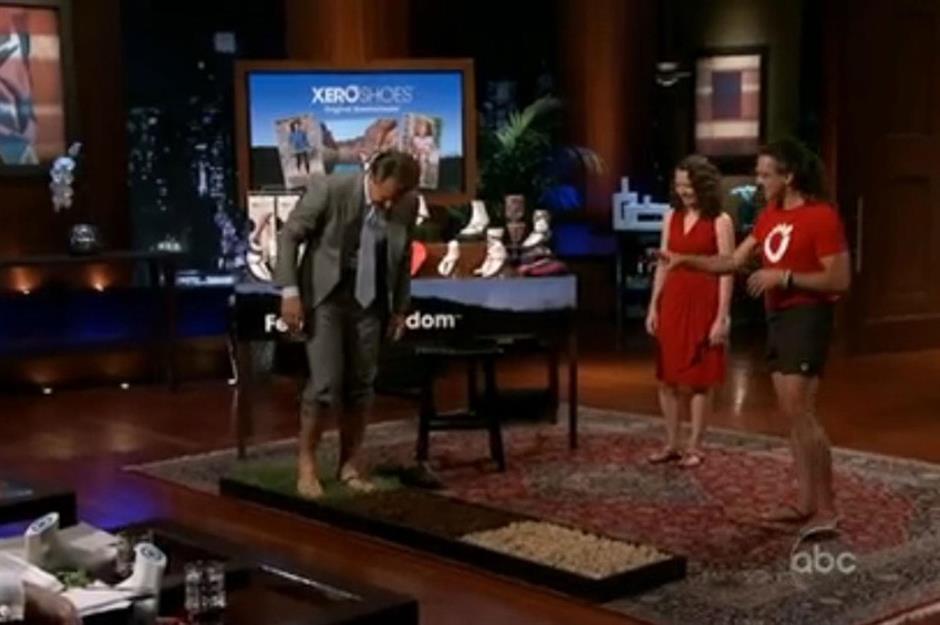
Steven Sasha and Lena Phoenix: Xero Shoes
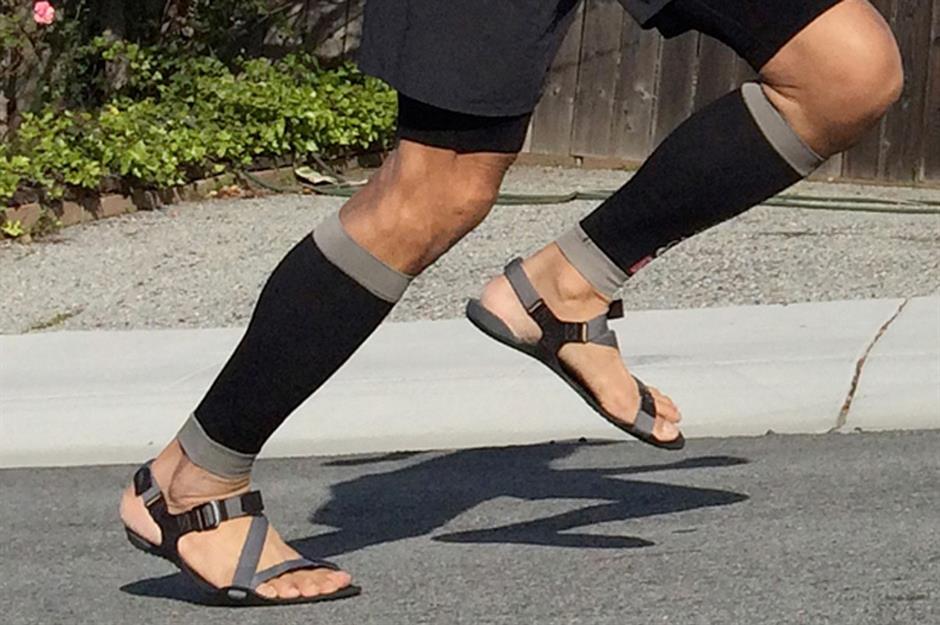
The couple asked for $400,000 in exchange for an 8% share of the company, but Kevin O'Leary would only part with the money if he got 50% equity. Needless to say, Sasha and Phoenix turned him down. Lucky for them, the company managed to crowdfund $3 million, and since then revenues have surged, reaching $772,000 in 2014, $1.53 million in 2015 and $2.7 million in 2016. Sales were predicted to soar to $5.1 million in 2017, and $12.2 million the following year, all without assistance from a Shark.
James Martin: Copa Di Vino
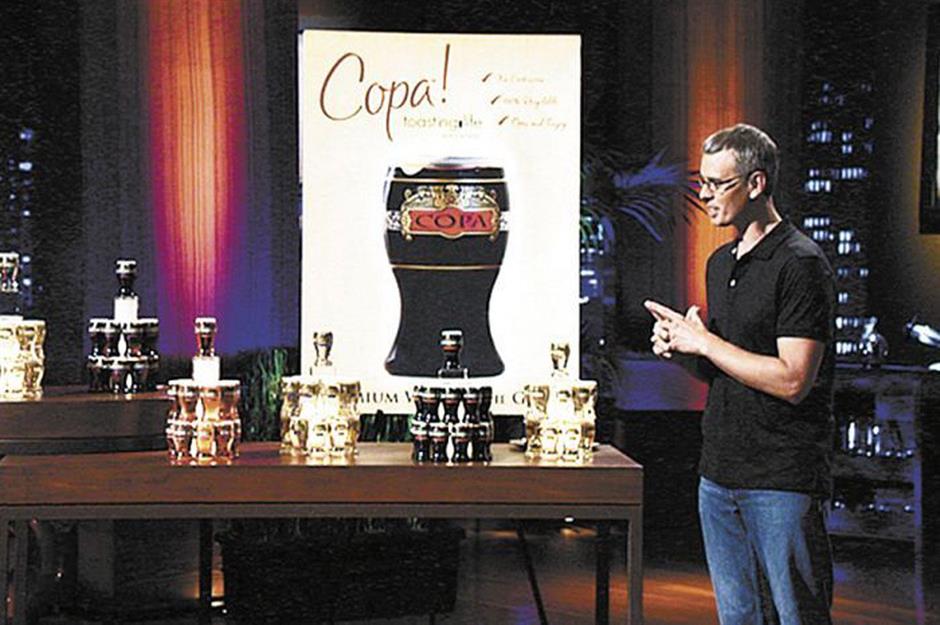
James Martin: Copa Di Vino
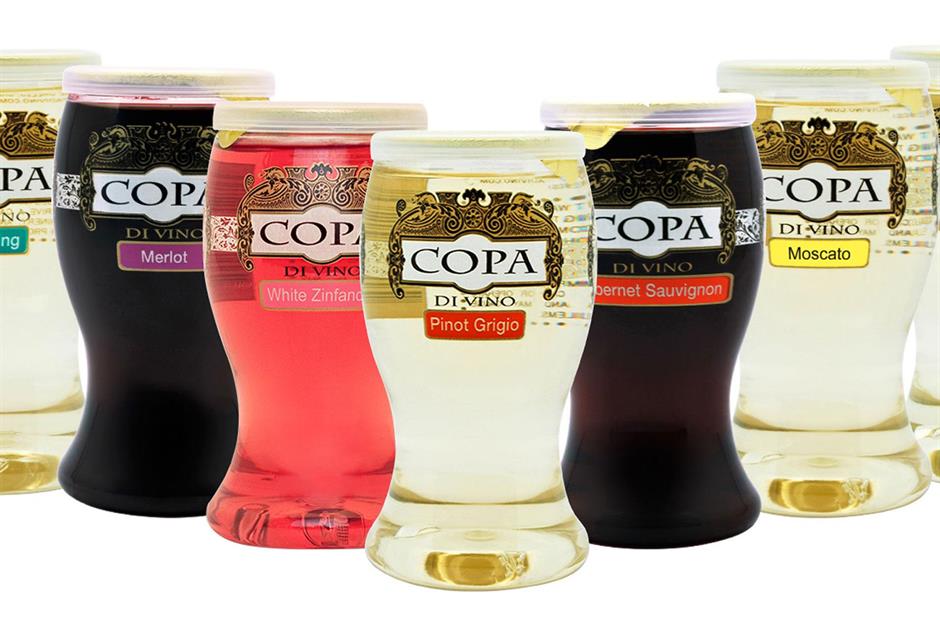
Described by Shark Kevin O'Leary as “the one that got away”, Martin has made a huge success of Copa Di Vino, securing contracts aplenty. Copa Di Vino’s revenues were estimated at $67 million in 2019 – quite the success for a Shark Tank reject.
Shawn Davis: Chef Big Shake
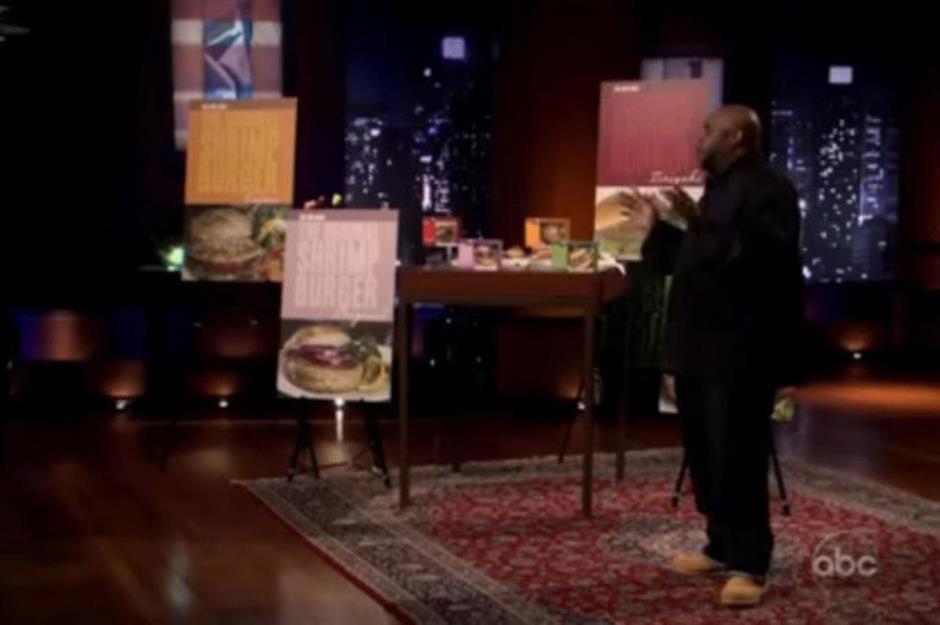
Shawn Davis: Chef Big Shake
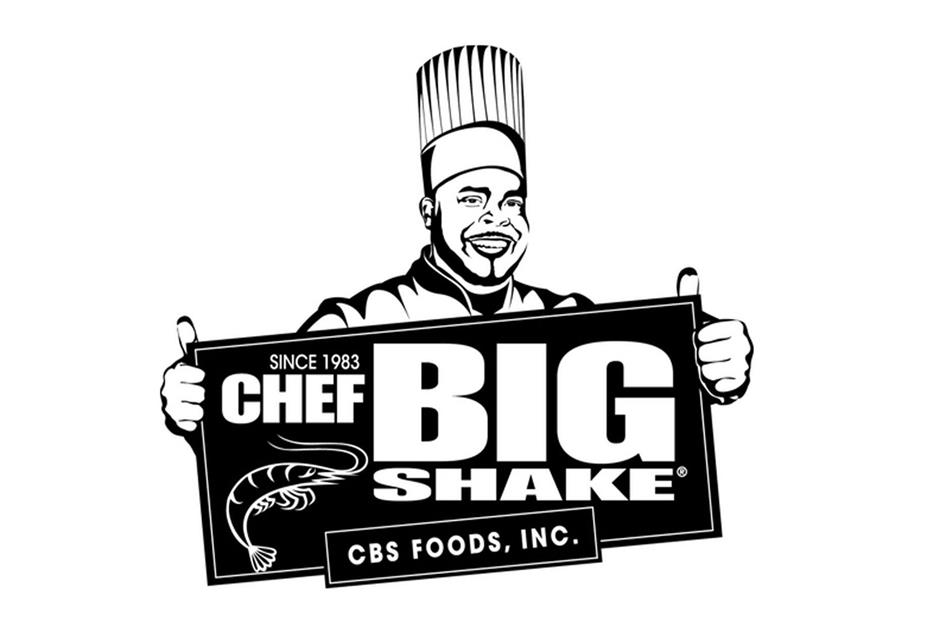
Melissa Butler: Lip Bar
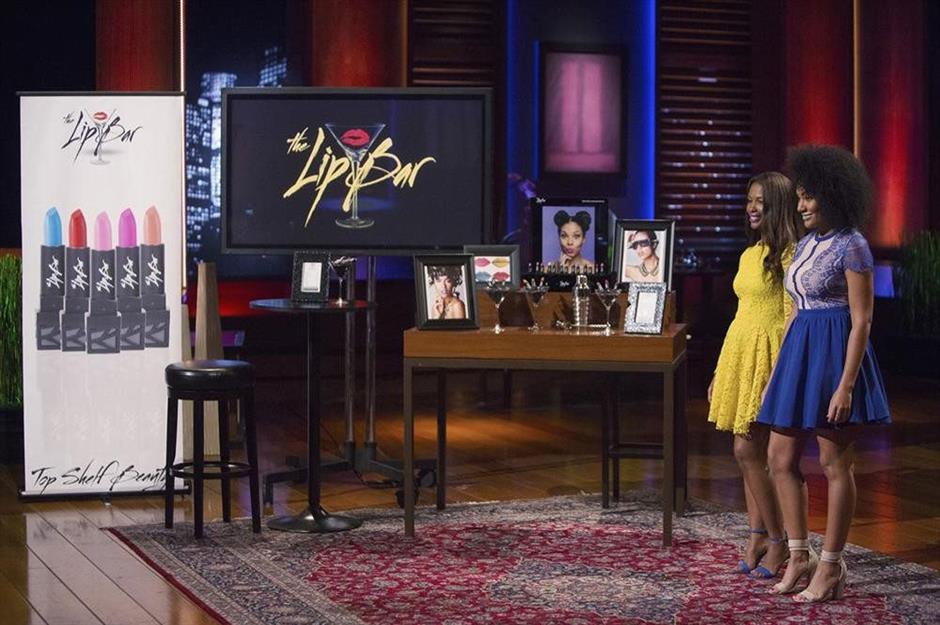
Melissa Butler: Lip Bar
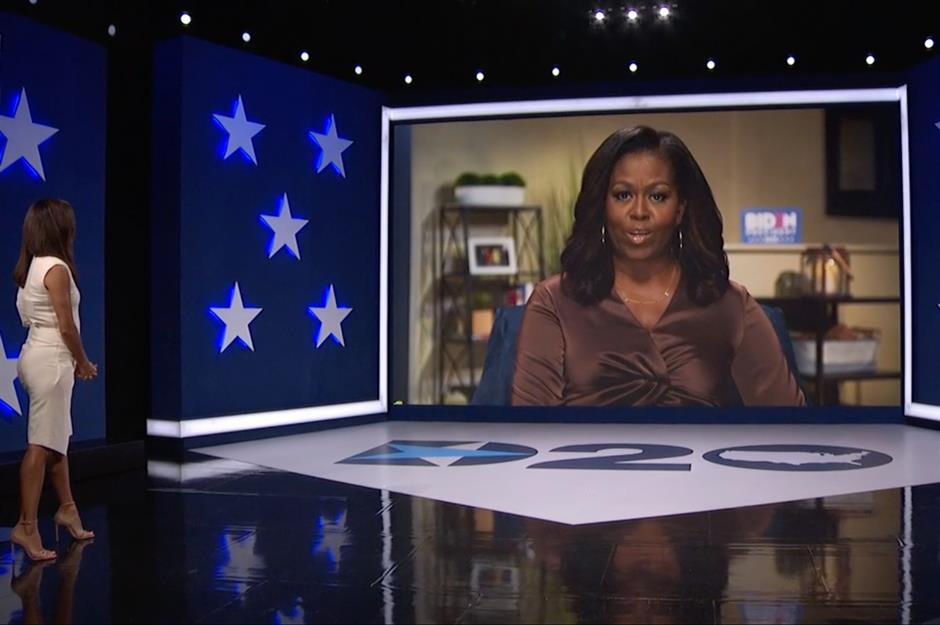
Yet following her disastrous appearance on season six in February 2015, Butler has seen her business flourish. Lip Bar revenues have more than doubled since February 2018, and Lip Bar products are being sold in Target stores in Detroit, New York and Los Angeles. The brand got its best endorsement yet in the run-up to the 2020 presidential election, having partnered with none other than Michelle Obama to encourage people to vote on 3 November. From each $13 sale of the red lipstick ‘Bawse Lady’, 40% goes to When We All Vote, a non-partisan organization seeking to increase voter participation.
Derek Pacque: CoatChex (now Chexology)
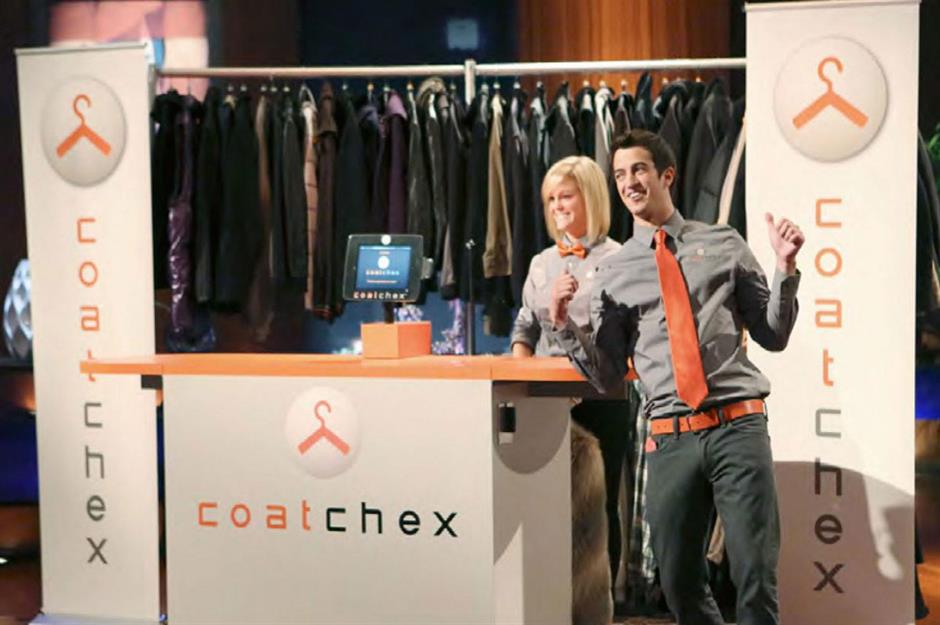
Derek Pacque: CoatChex (now Chexology)
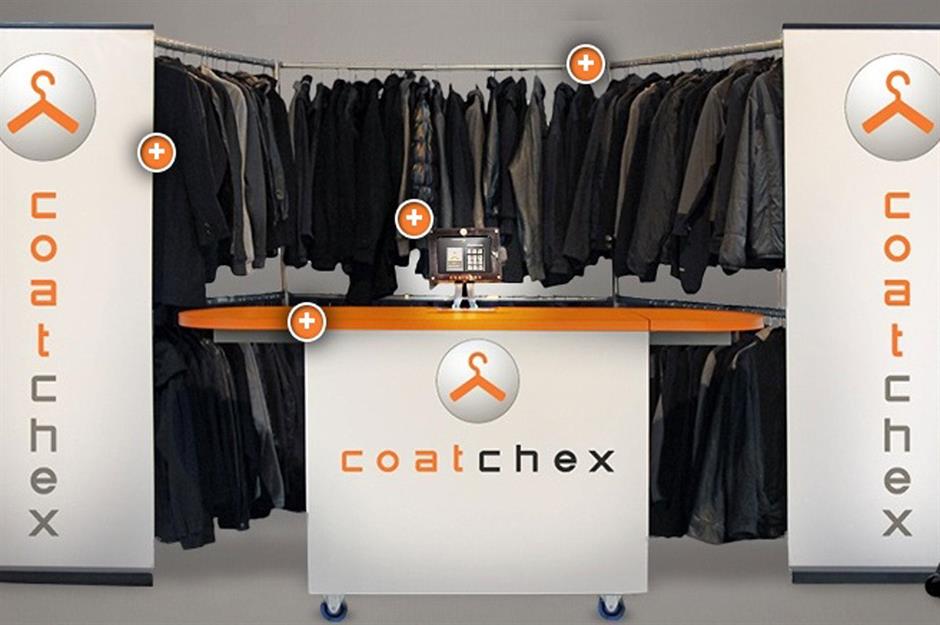
Mona Weiss and Scott Shields: Eco Nuts
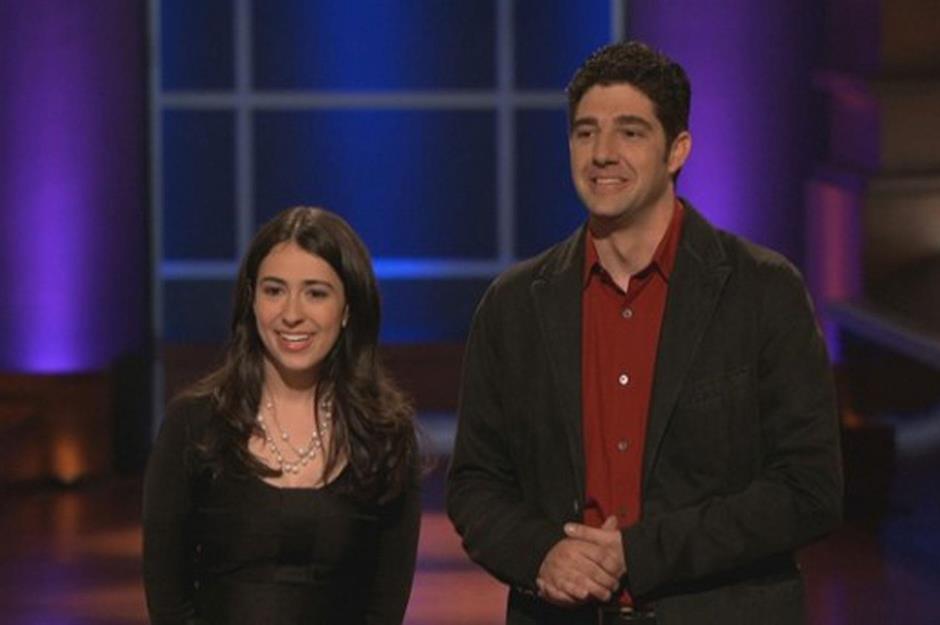
Mona Weiss and Scott Shields: Eco Nuts
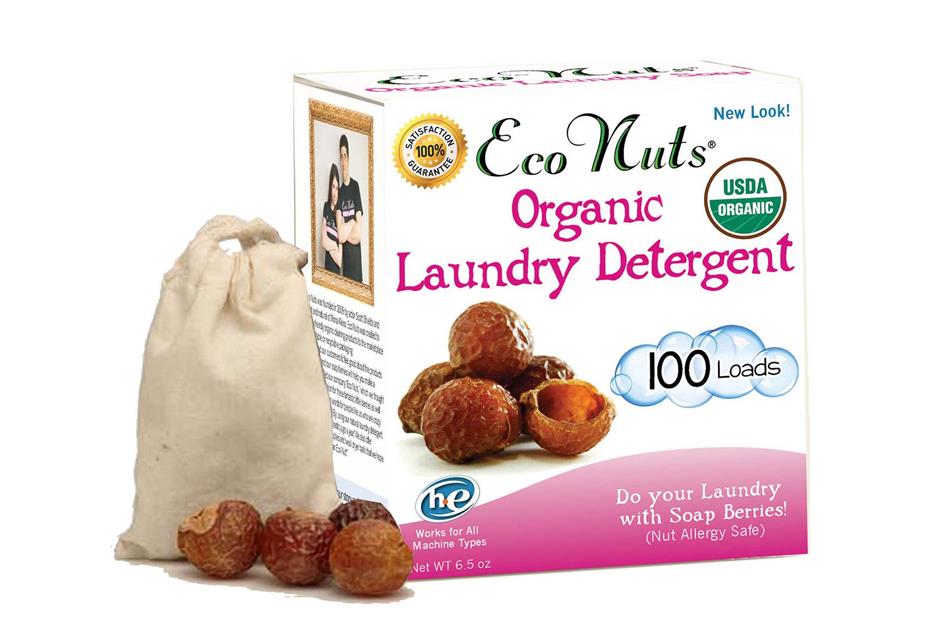
Cameron Smith and Joel Clark: Kodiak Cakes
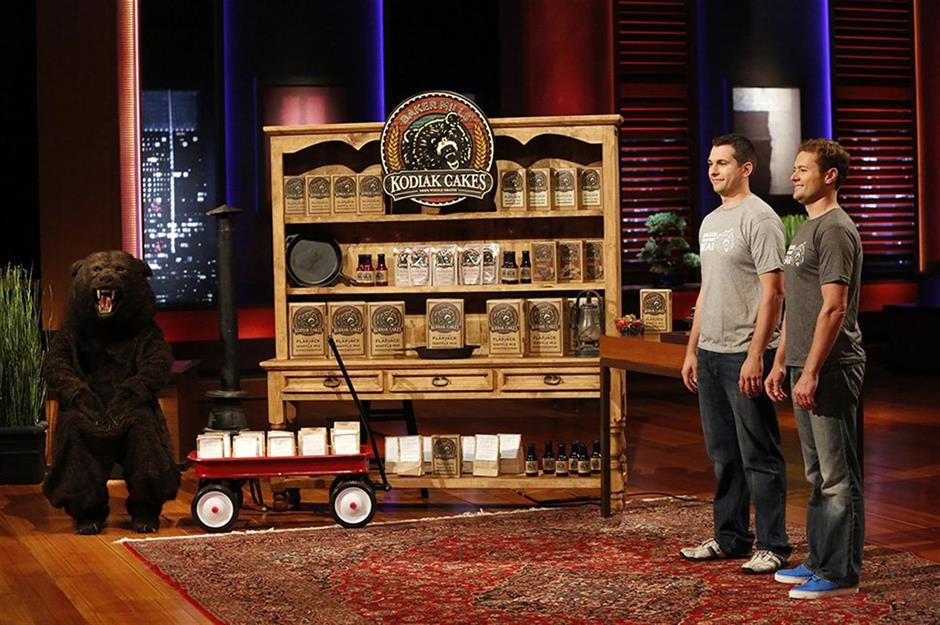
One pair who refused the Sharks’ support were Cameron Smith and Joel Clark, co-founders of Kodiak Cakes. Their flapjack and waffle mixes were made out of 100% wholegrains, and contained no added fat or sugar. In 2014, Sharks Kevin and Barbara put in an offer of $500,000 for a 50% share of the company between them – an offer well over the 10% equity Smith and Clark had planned to part with. Robert Herjavec offered the same amount but for 35% of the company. Although the Sharks were clearly biting, the Kodiak Cakes founders decided to go it alone…
Cameron Smith and Joel Clark: Kodiak Cakes
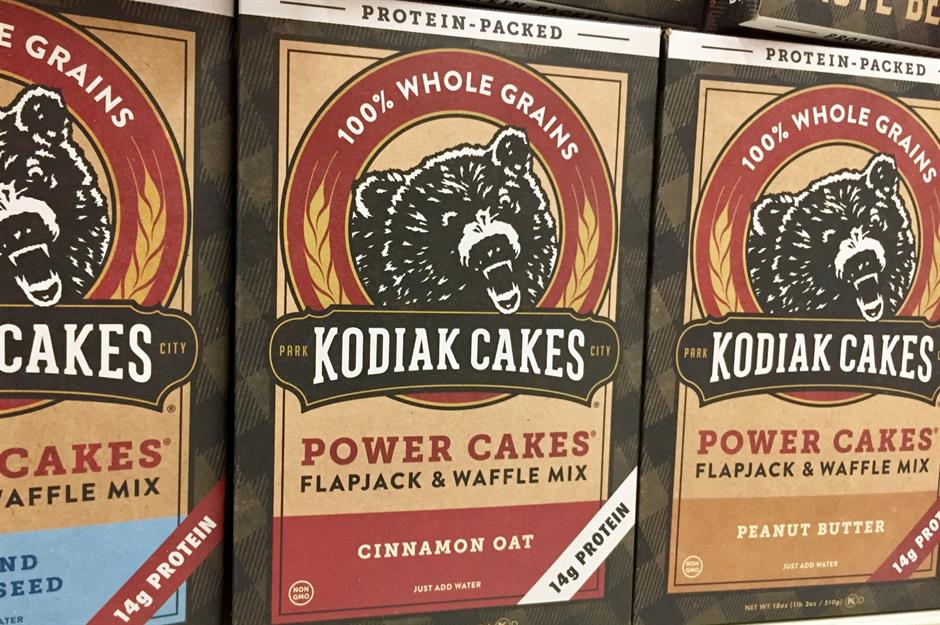
Smith and Clark had already worked hard to get their products onto the shelves at Target and Safeway, and there was an immediate boom in sales following their appearance on Shark Tank. It was a new product that really saw Kodiak Cakes hit the big leagues – Protein Power Cakes. The added protein was a real game-changer, and it wasn’t long before the product became the best-selling pancake mix at Target by around 20%. The company is continuing to grow 80% year on year and is expecting to see revenues of $100 million soon.
Michael Elliott: Hammer & Nails
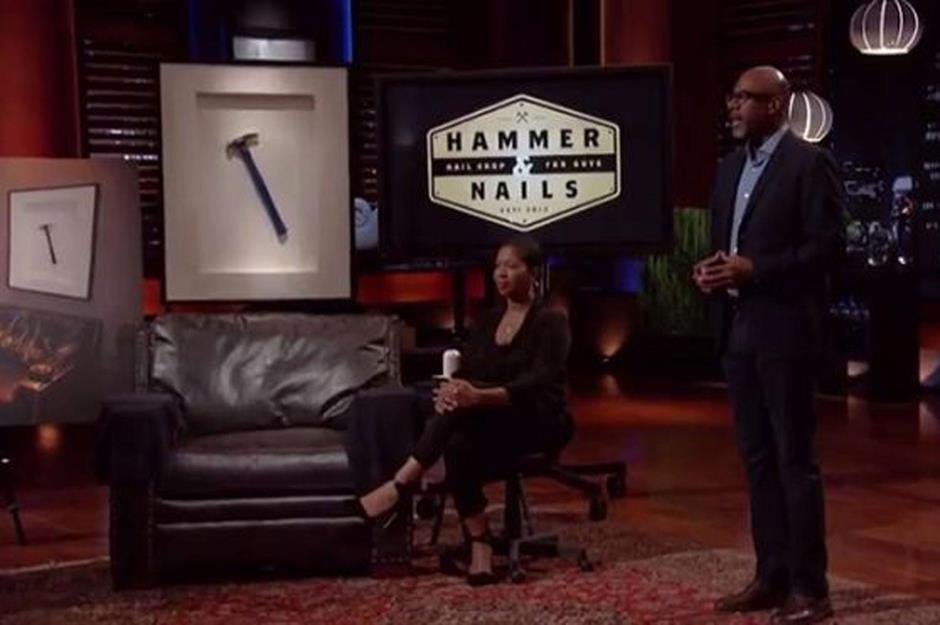
Michael Elliott: Hammer & Nails
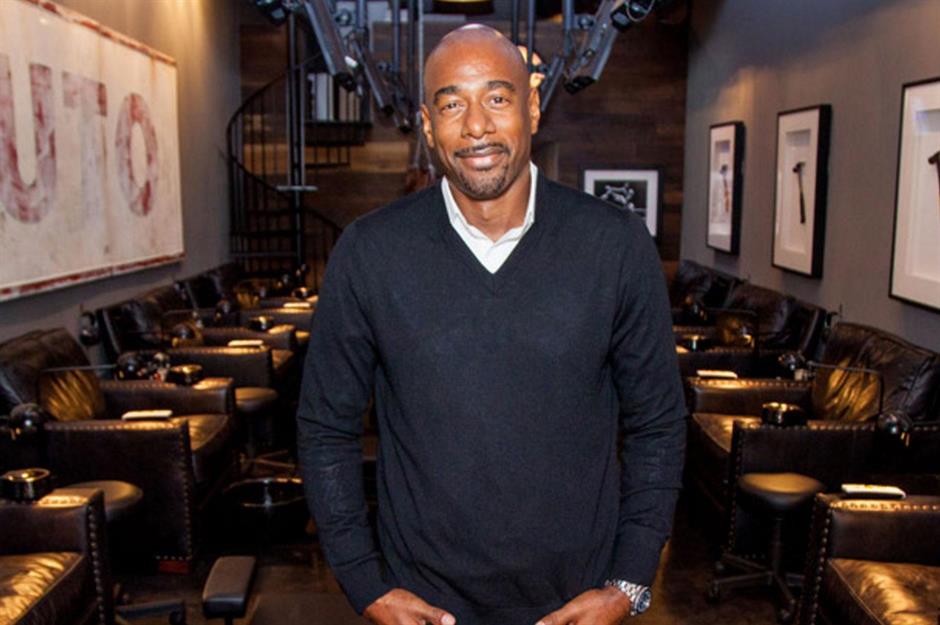
Kevin O'Leary advised Elliott his franchise business would never work, but since the show aired the male beauty entrepreneur has raised the required $200,000 investment cash from angel investors who saw the show, and in 2016 sold 183 franchise licenses in eight US states in just nine months. That's quite a success for Elliott, who was homeless for two years in his early 20s and had no formal qualifications.
Check out these 25 surprisingly highly-paid jobs you don't need a degree for
Jamie Siminoff: DoorBot (now Ring)
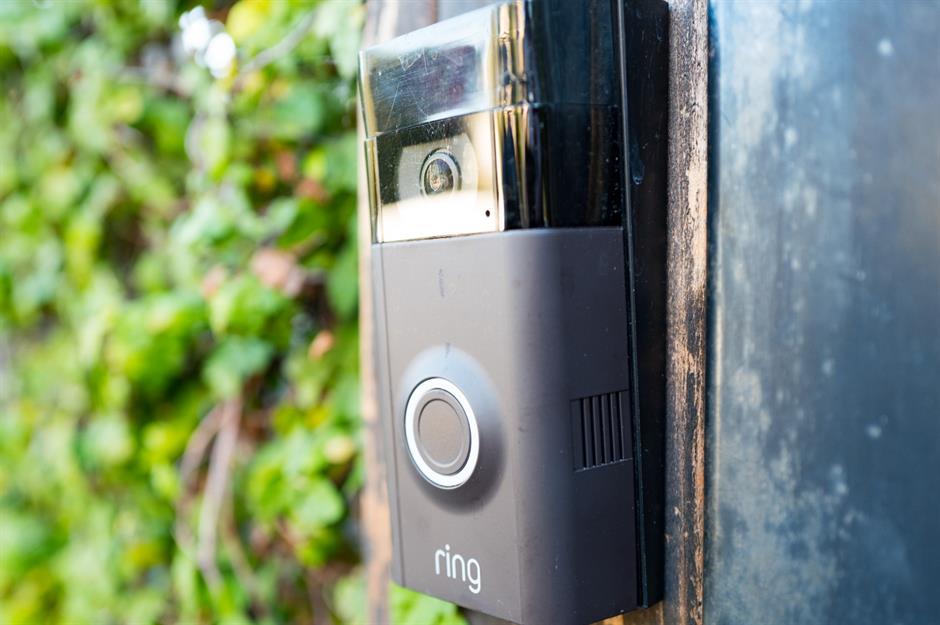
After creating the world's first Wi-Fi video doorbell in his garage in 2011, Jamie Siminoff went on Shark Tank in 2013 looking for $700,000 for a 10% stake in his company, DoorBot. He received an offer from Shark Kevin O'Leary, but he turned this down. However, this wasn't the end for his company or invention...
Jamie Siminoff: DoorBot (now Ring)
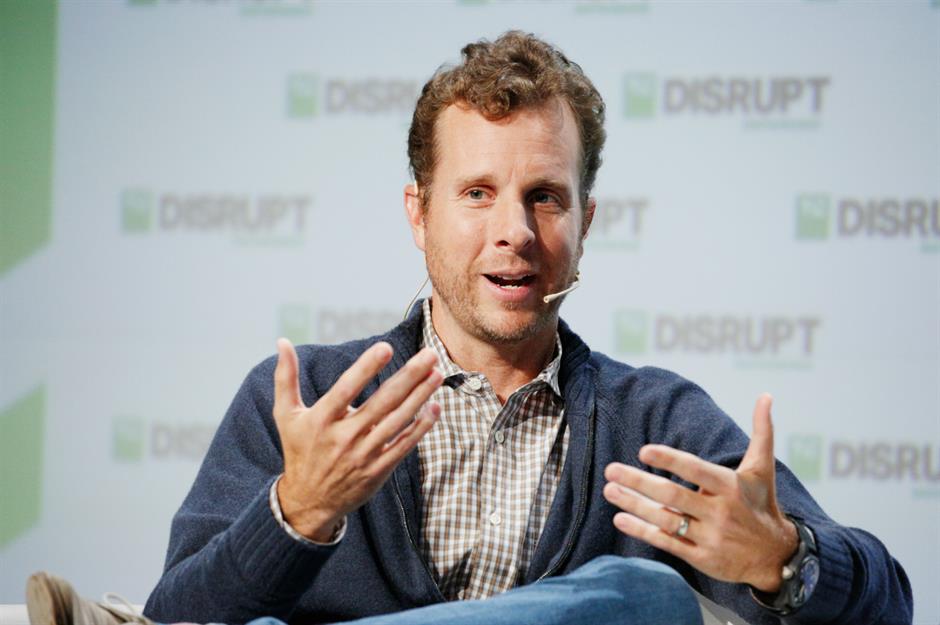
Siminoff went on to develop his DoorBot into Ring, which holds a suite of home security products and services. In 2018 he sold it to Amazon for more than $1 billion, but still works on the Ring product offering. Today he's successful enough to have become a Shark himself, and looks to invest in other fledgling businesses.
Uncover the secrets of the world's most successful investors
Comments
Be the first to comment
Do you want to comment on this article? You need to be signed in for this feature